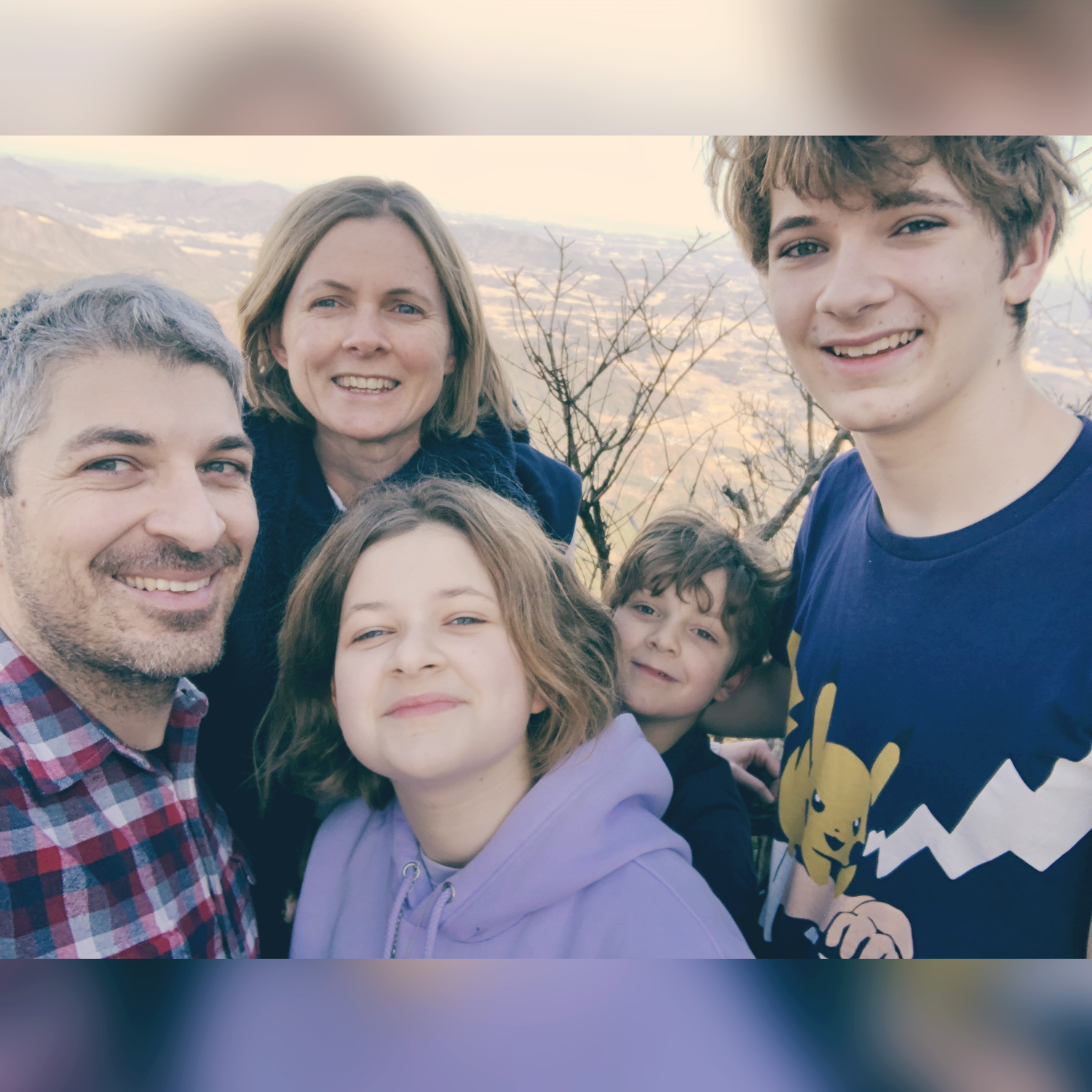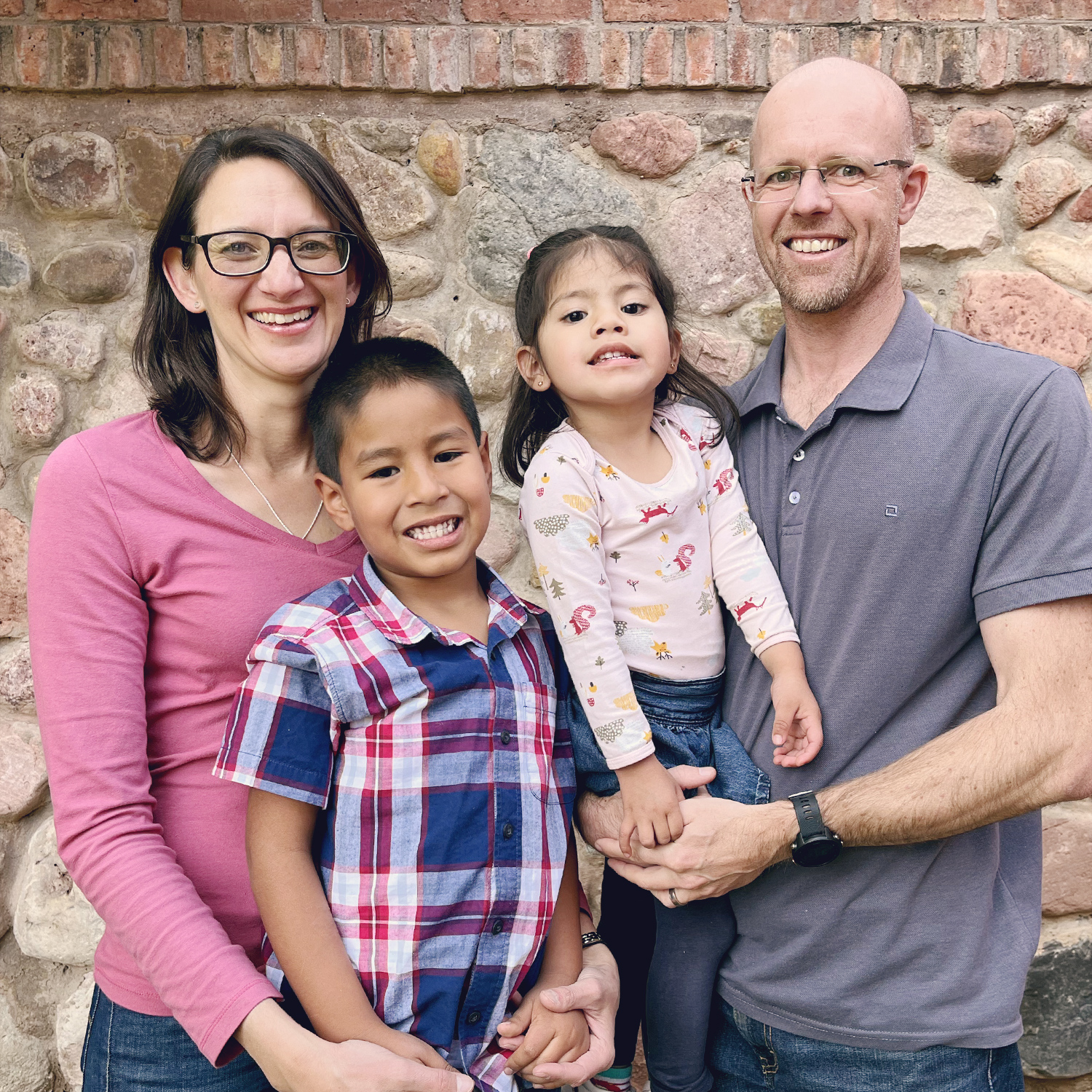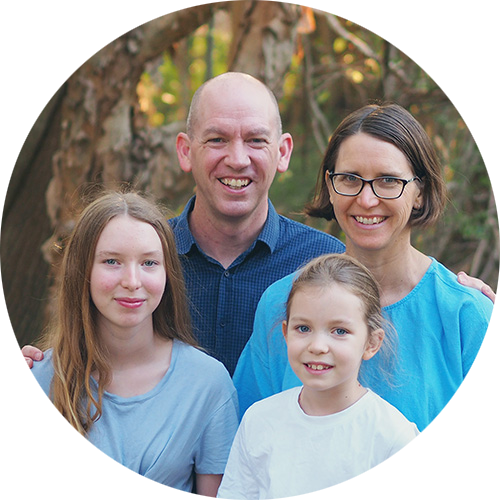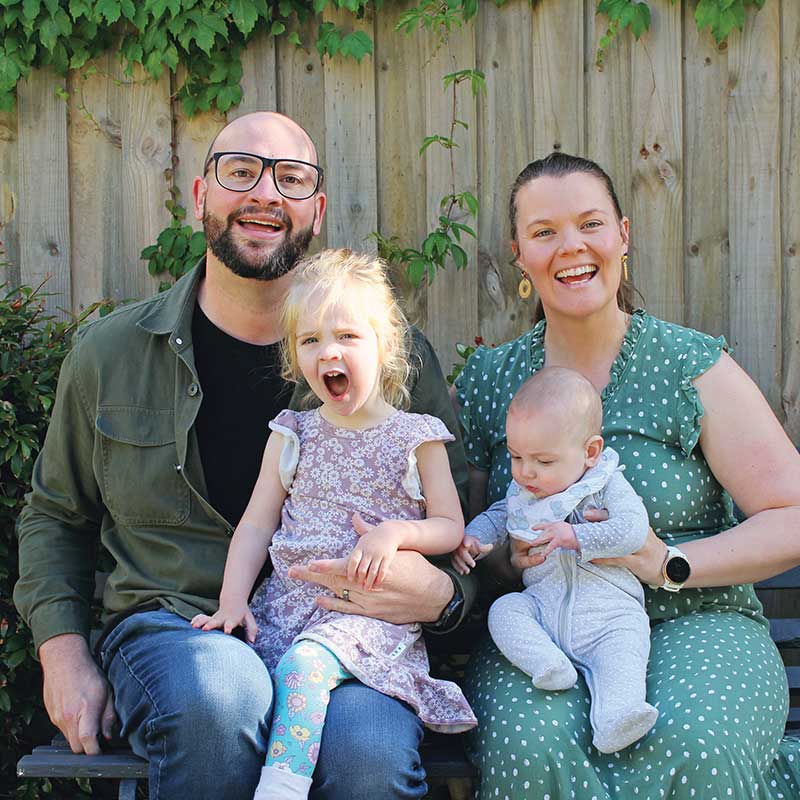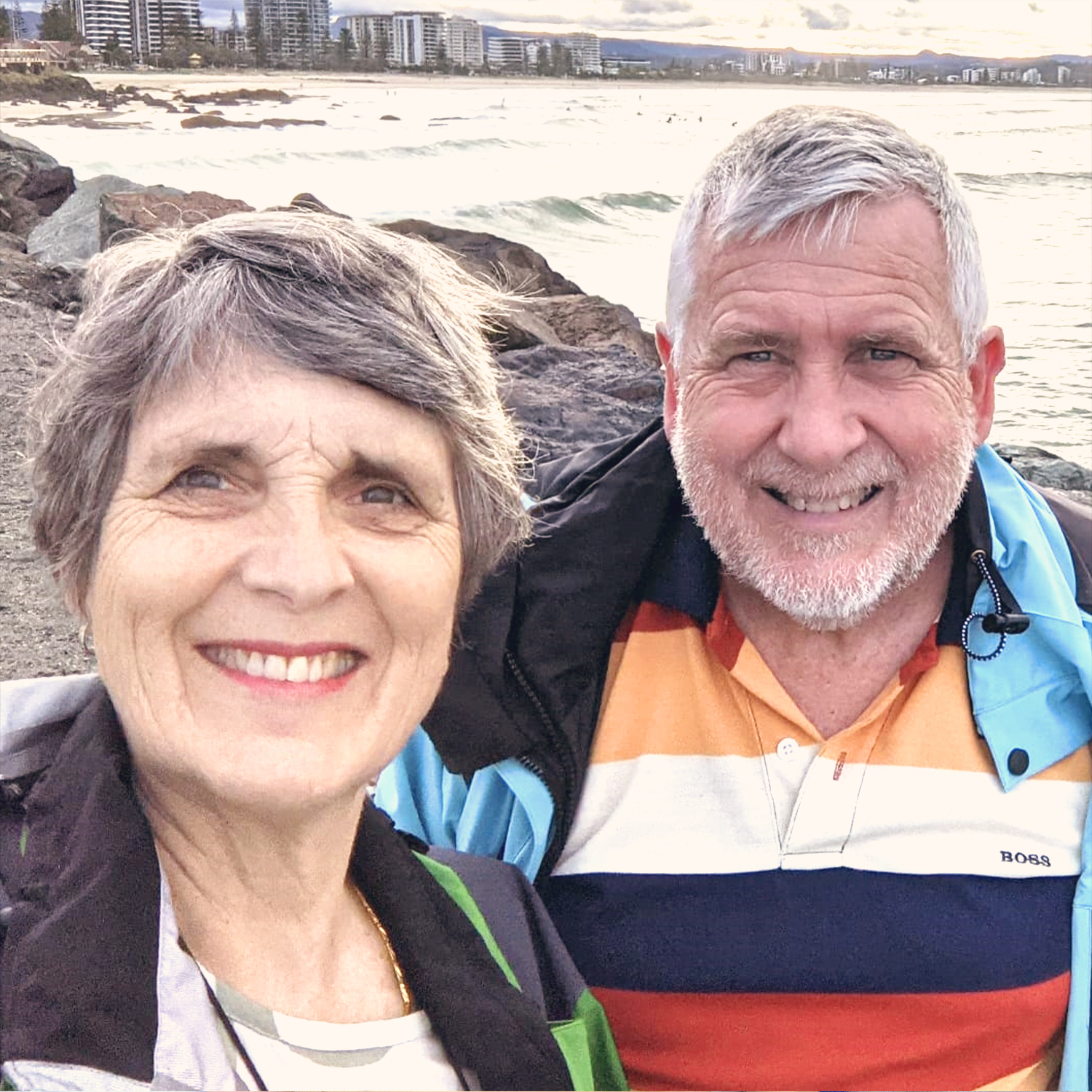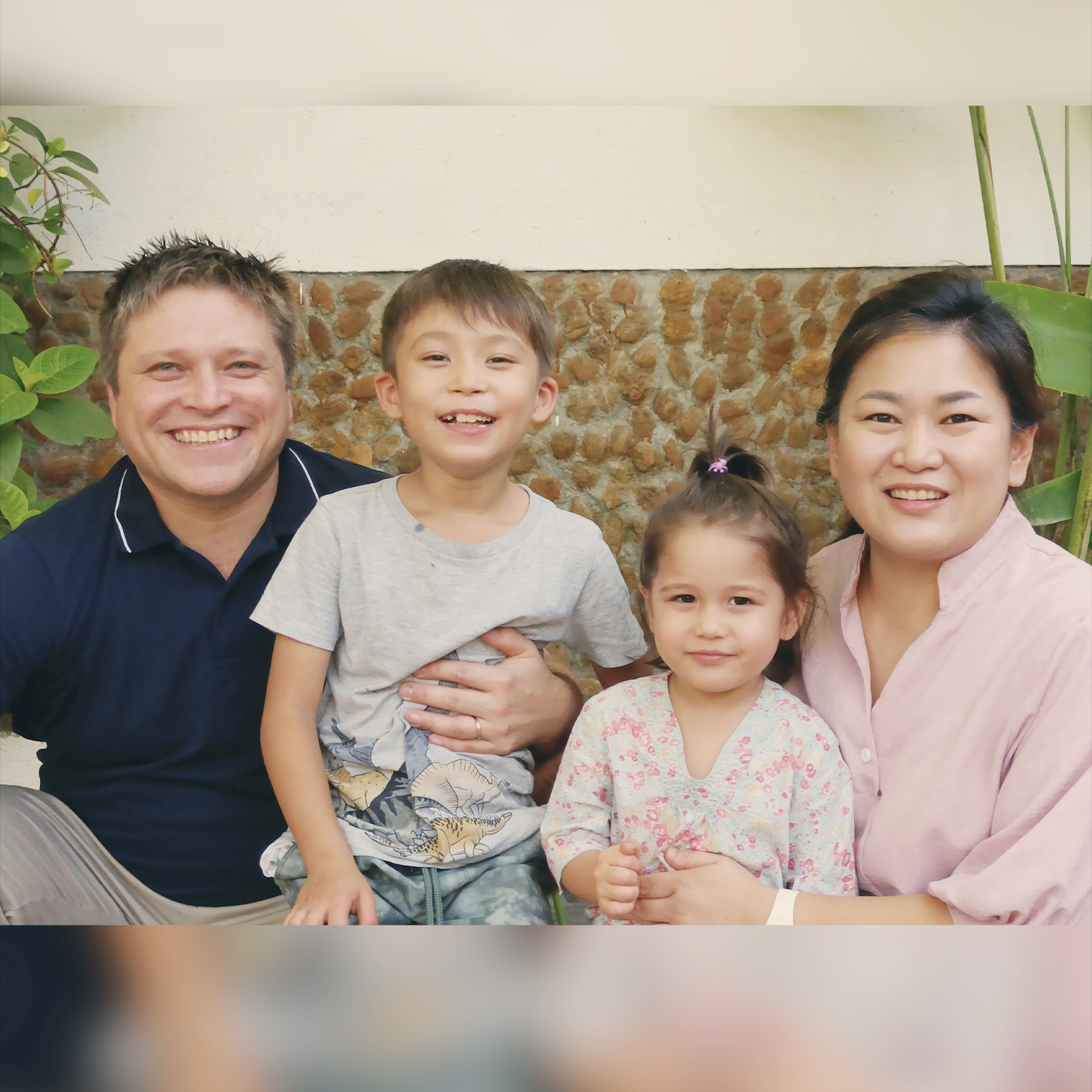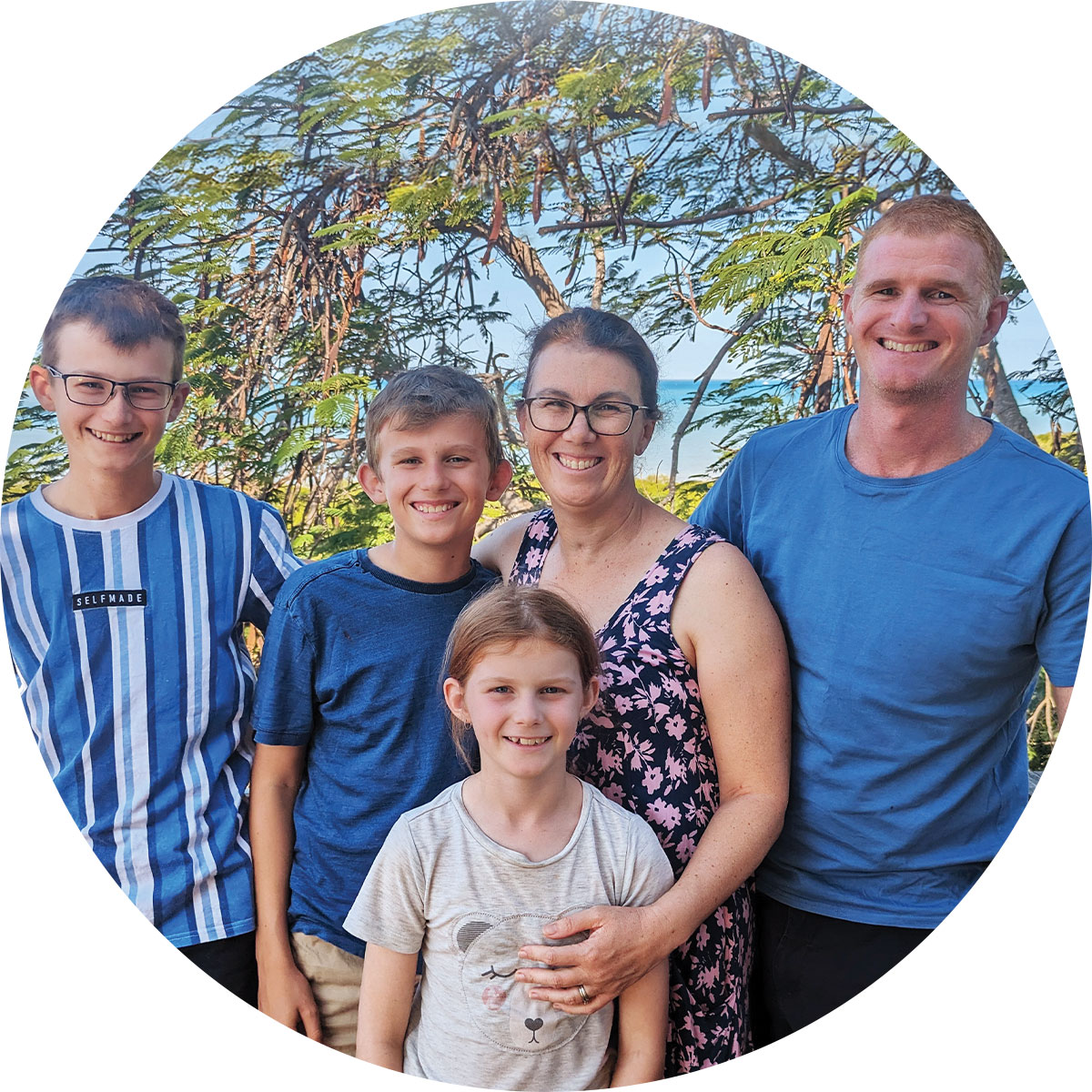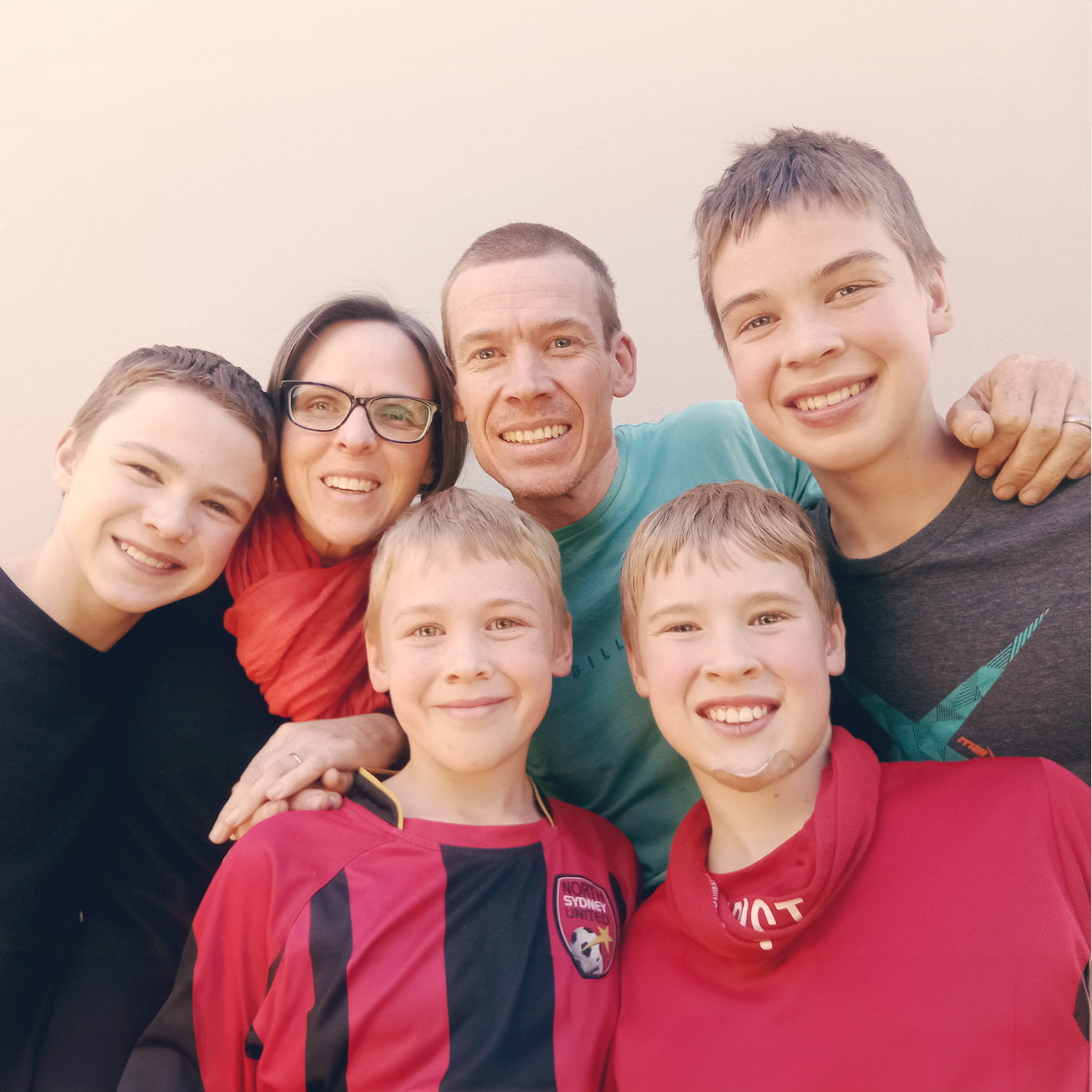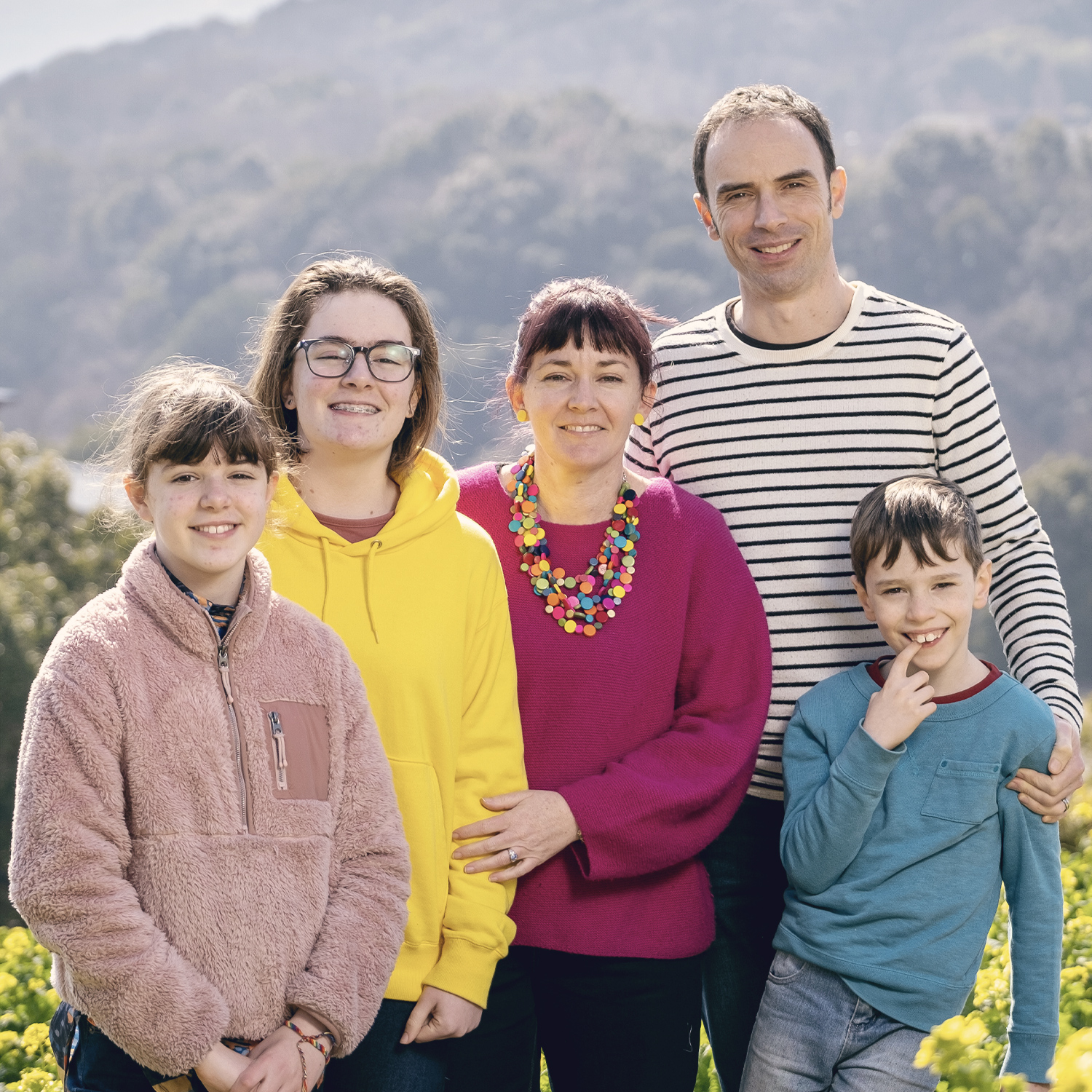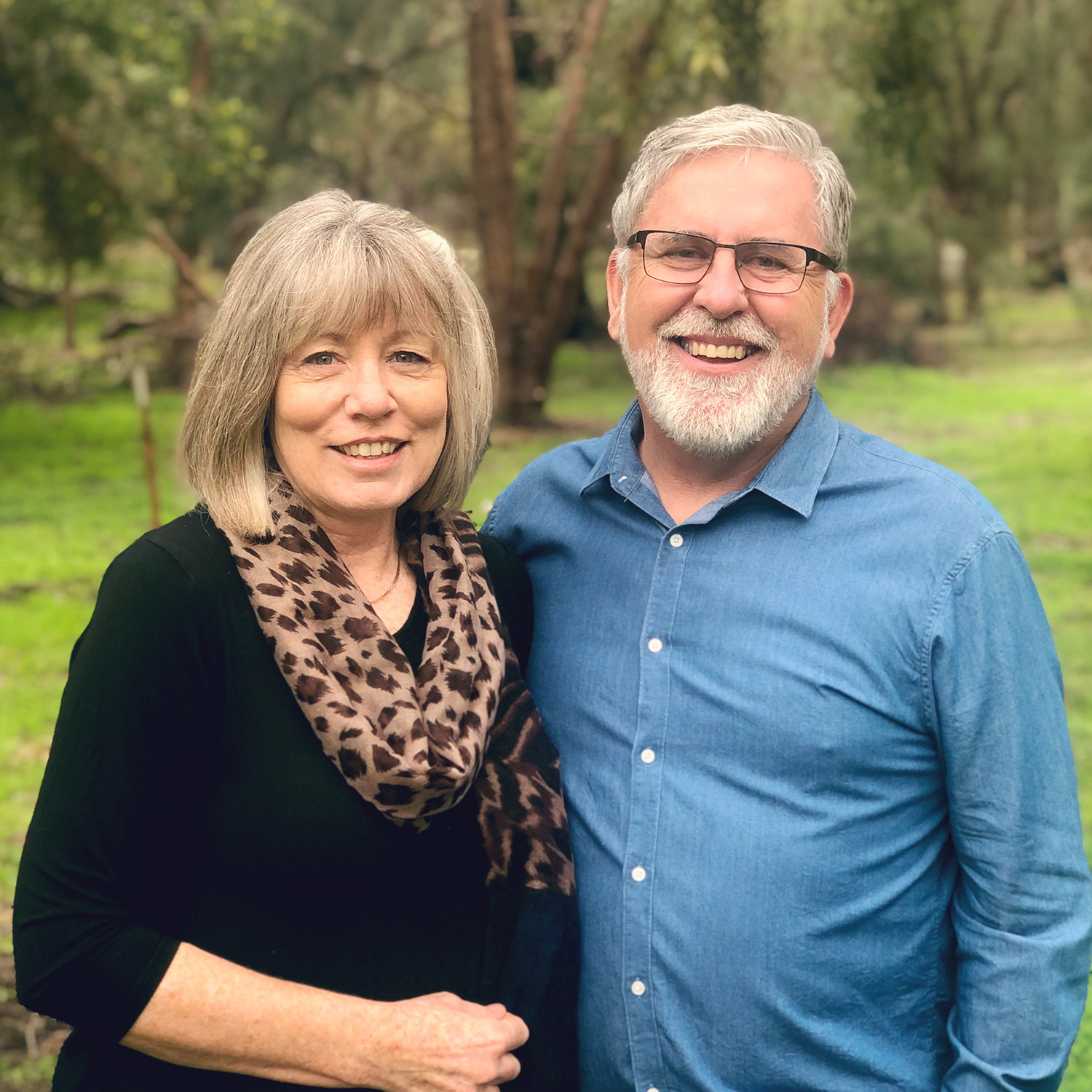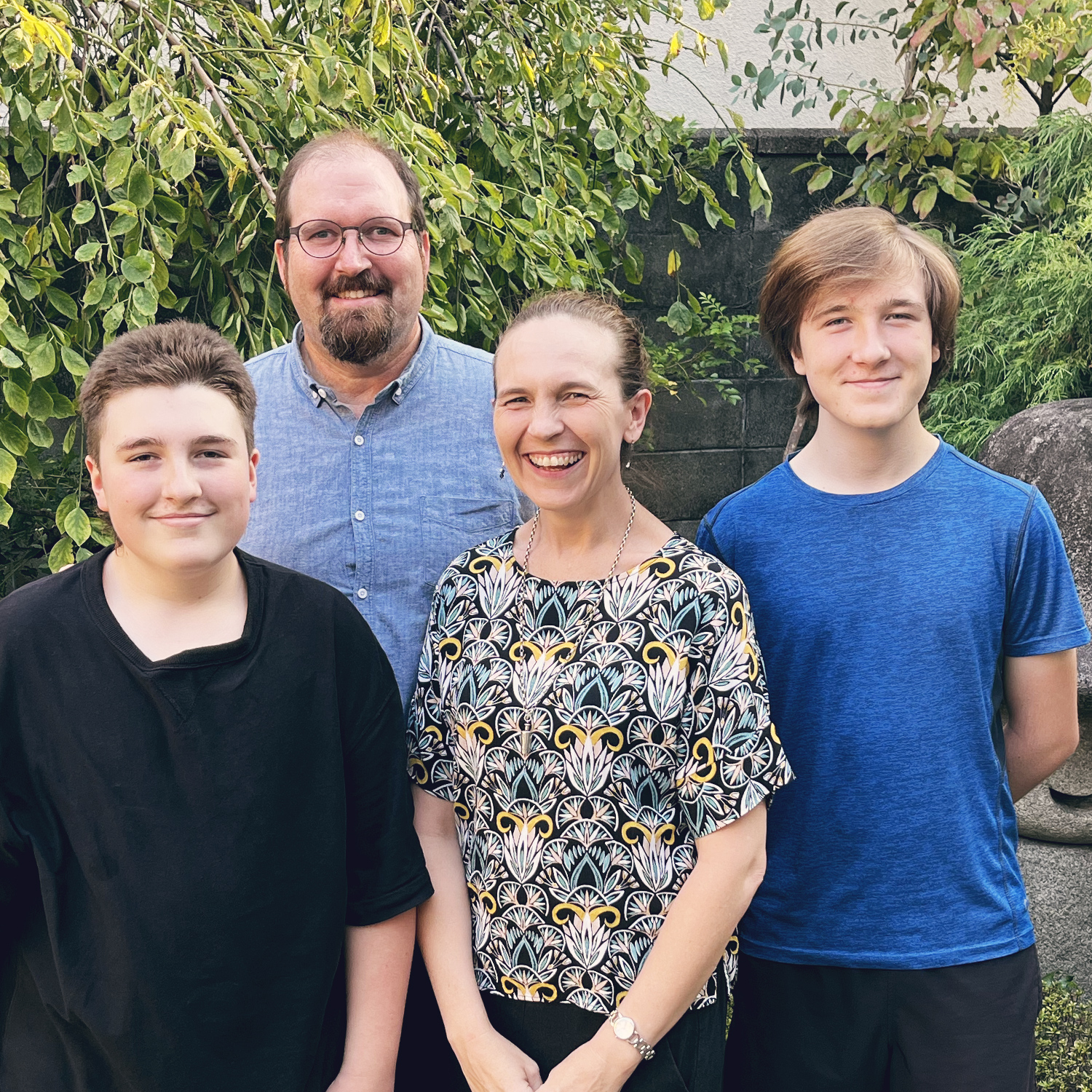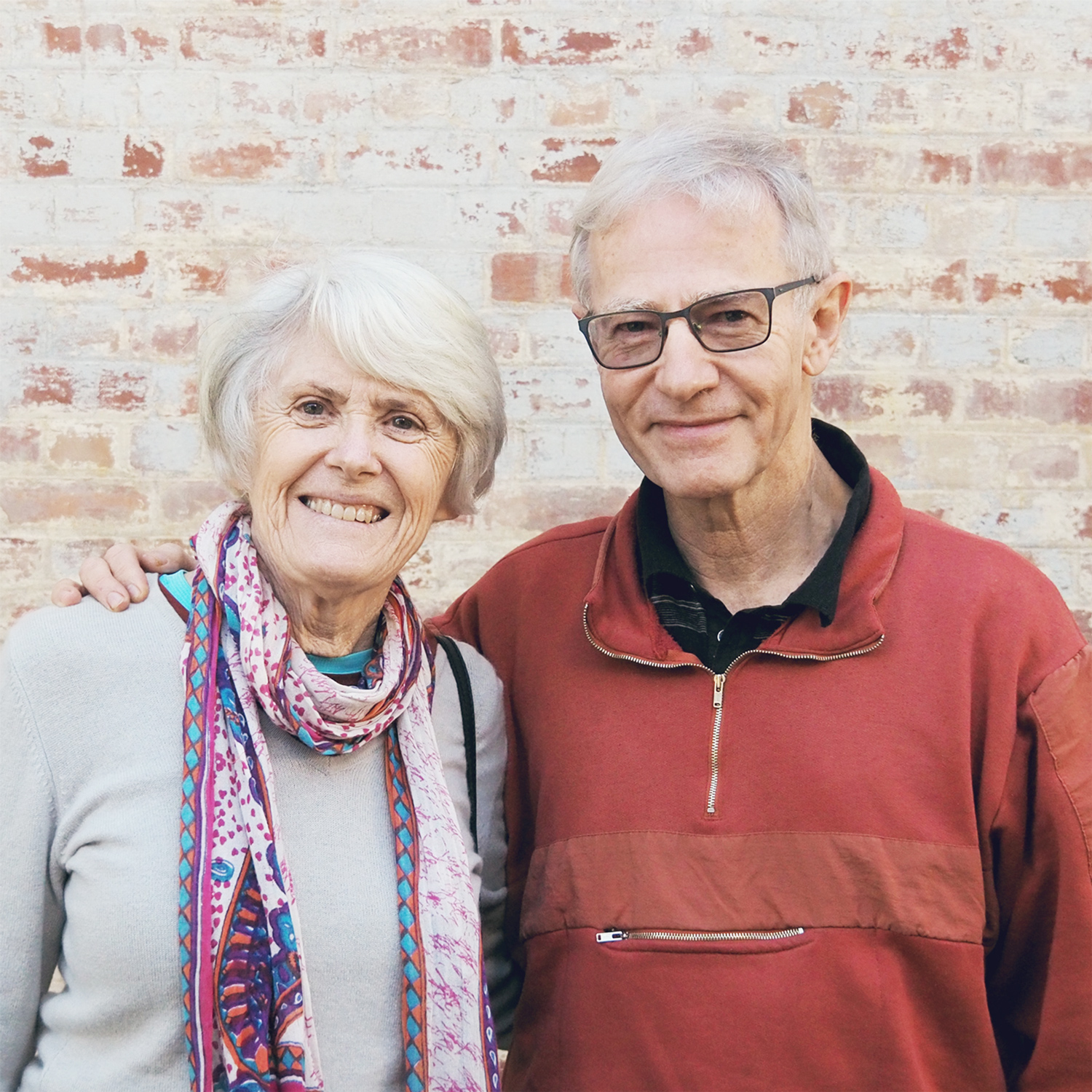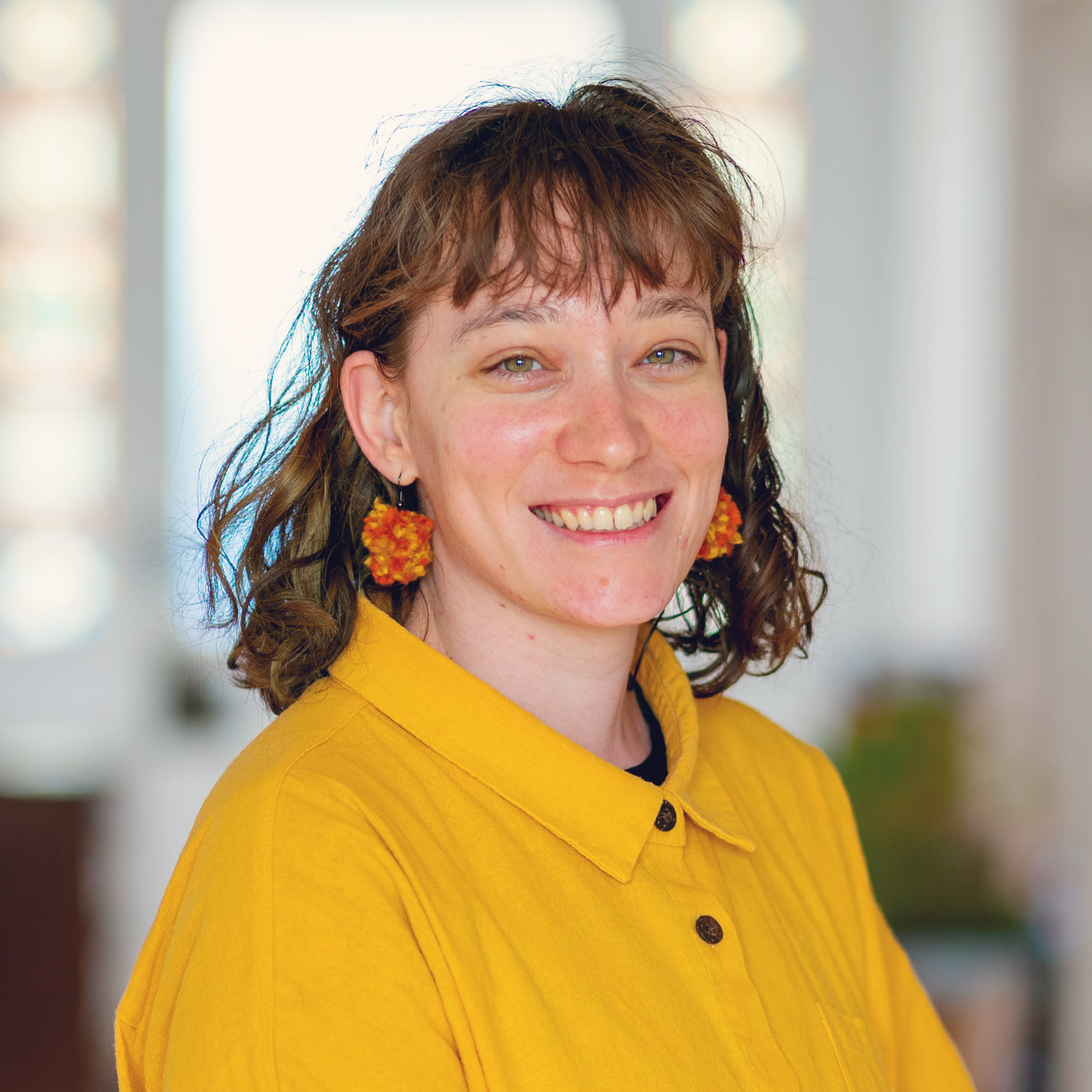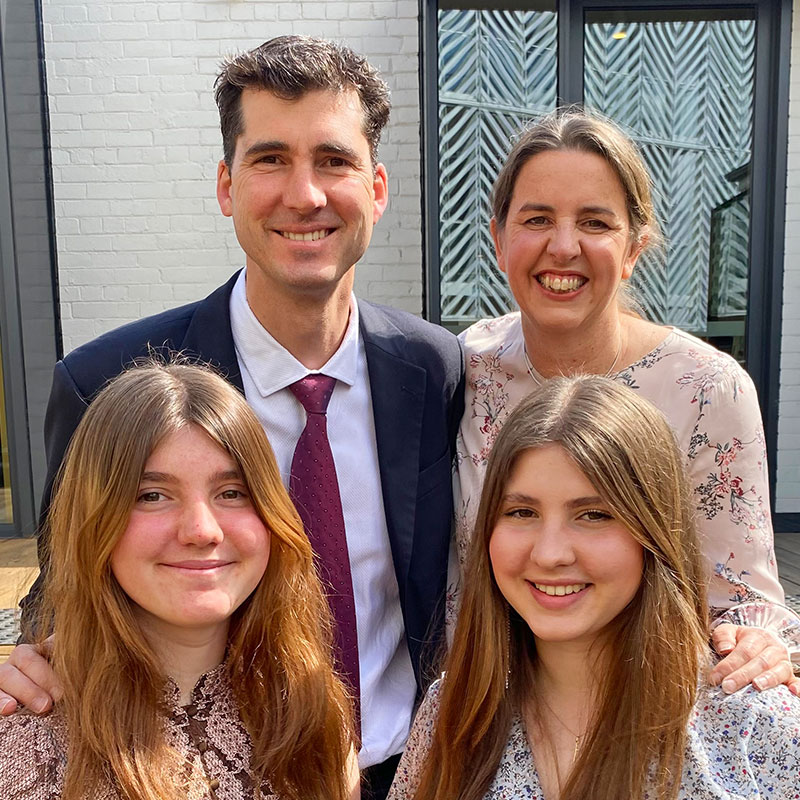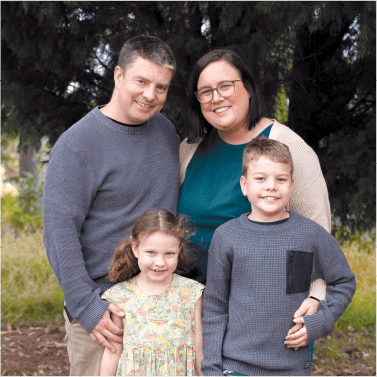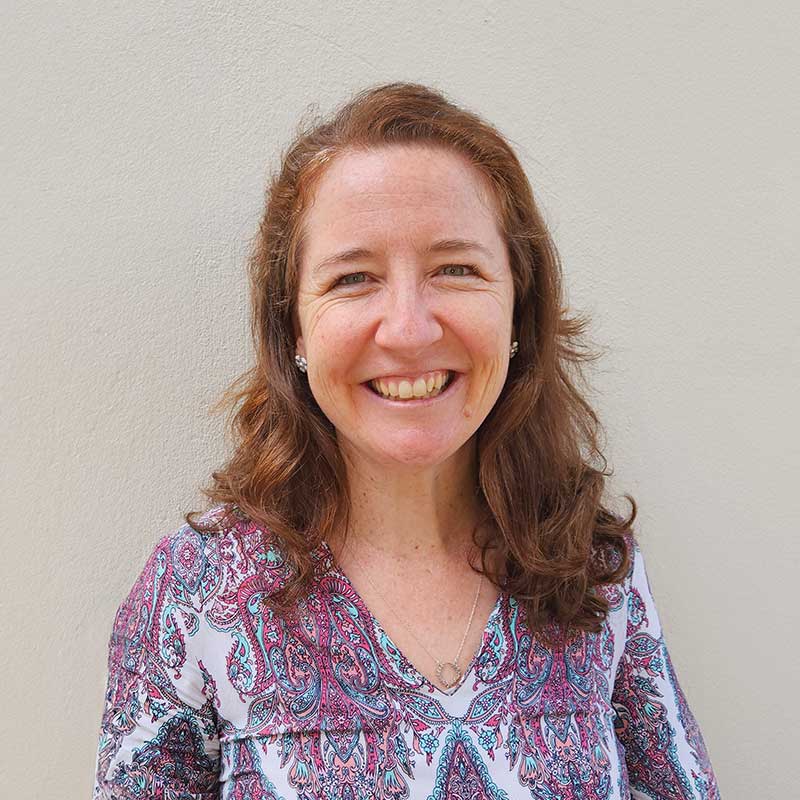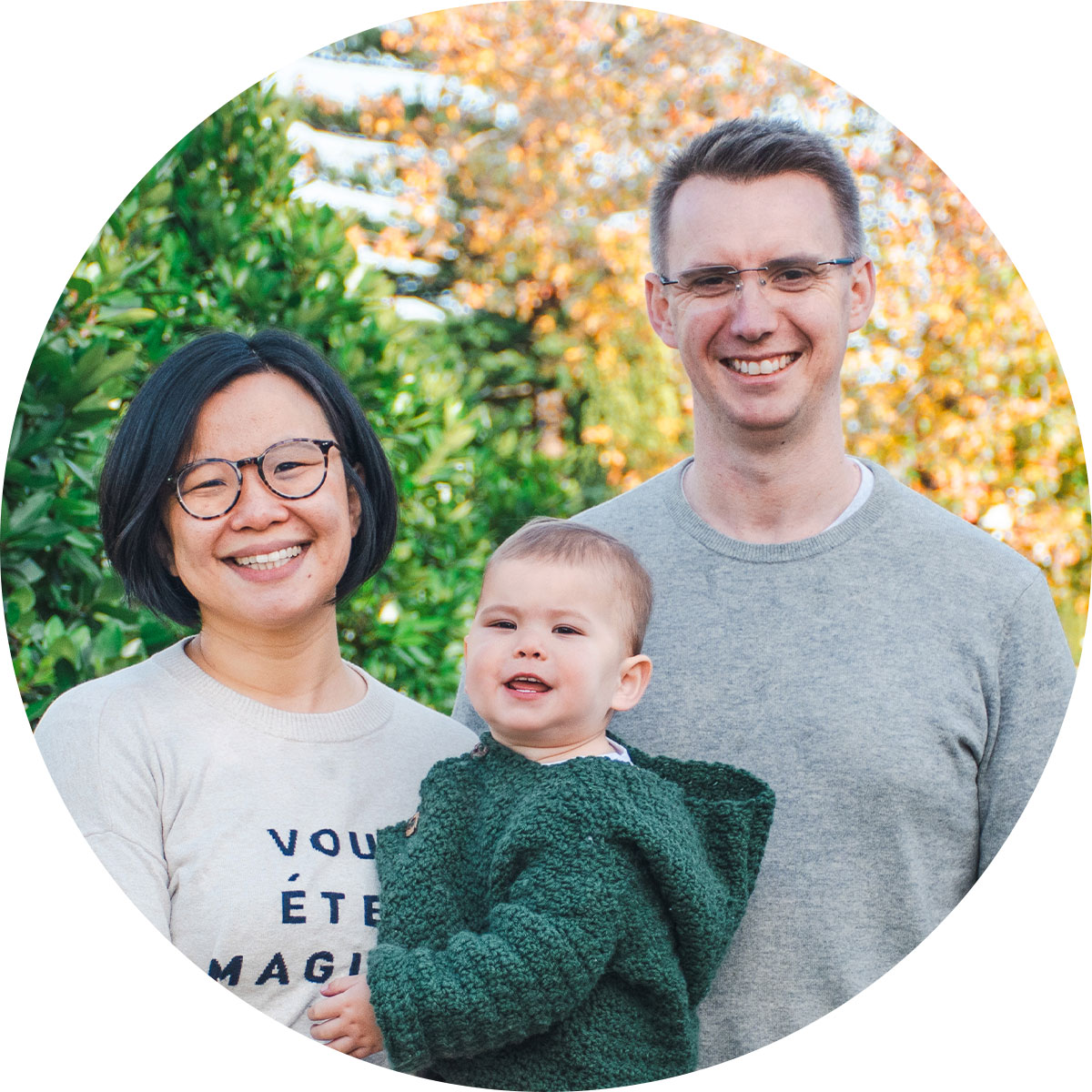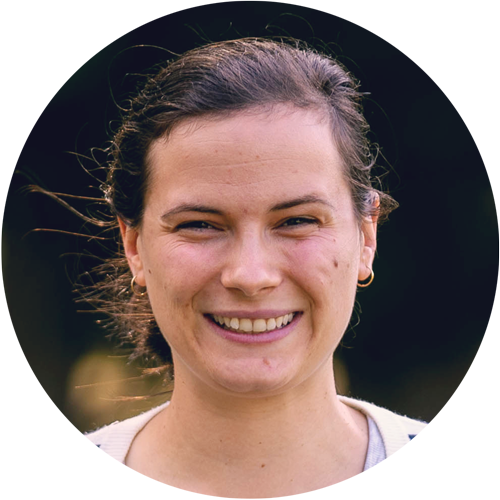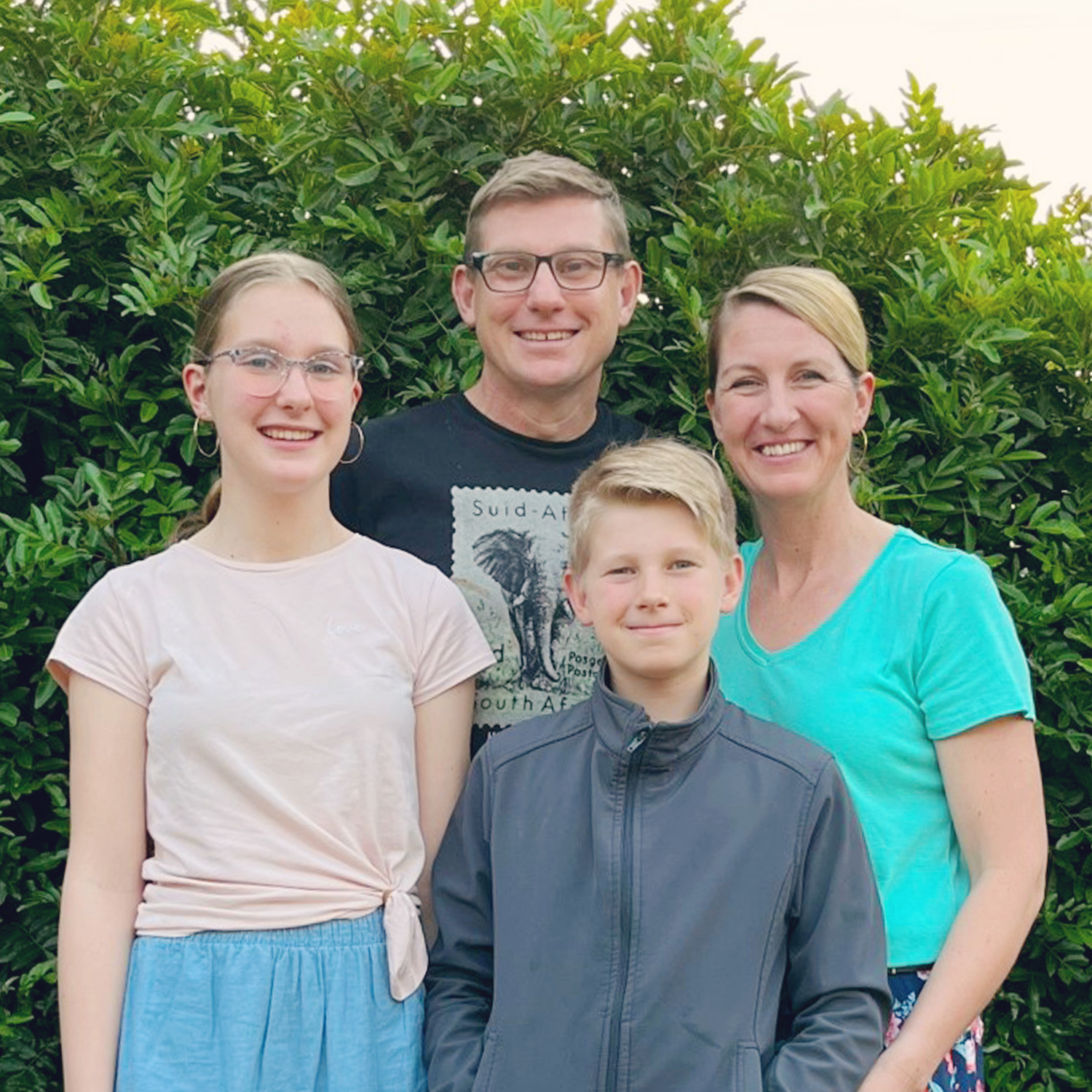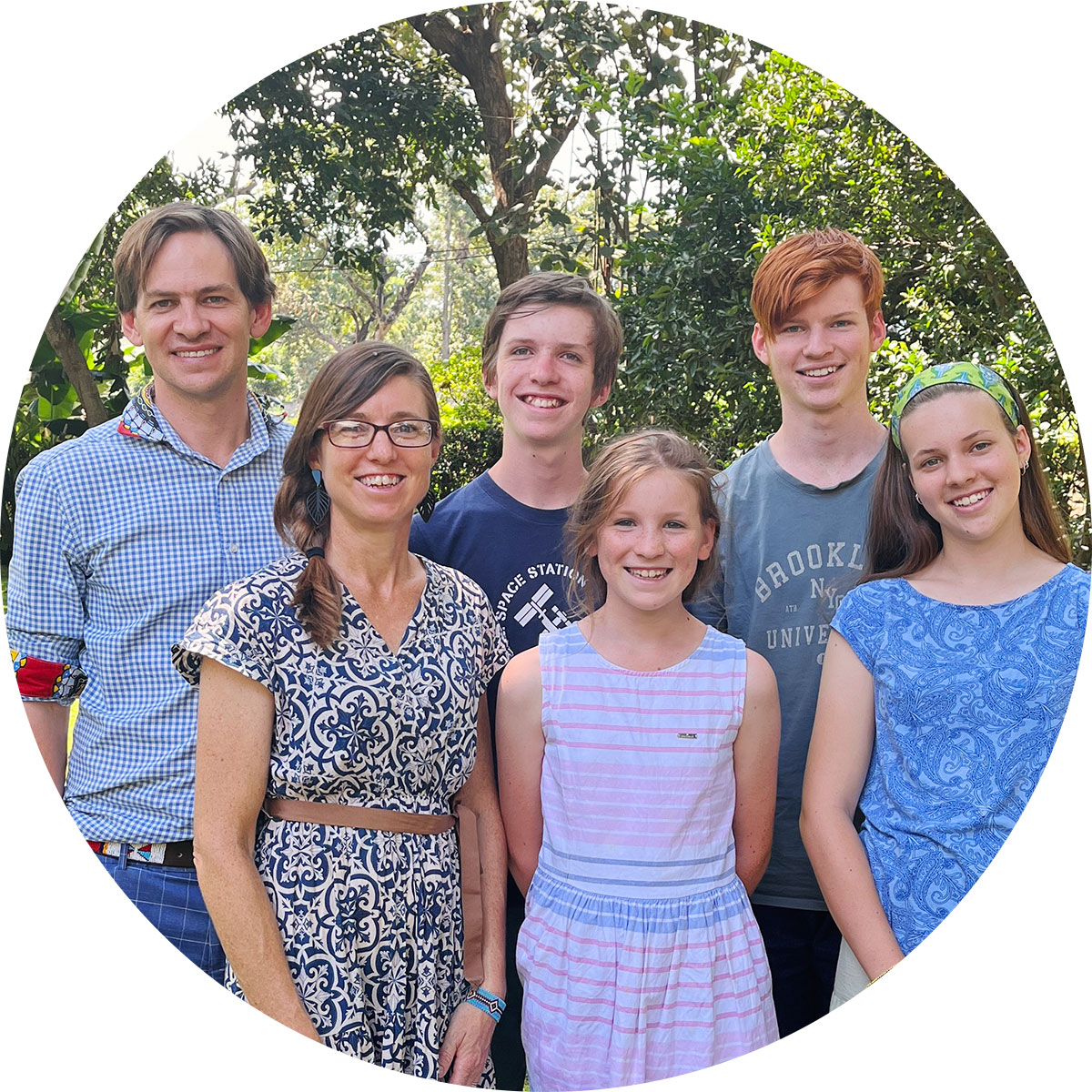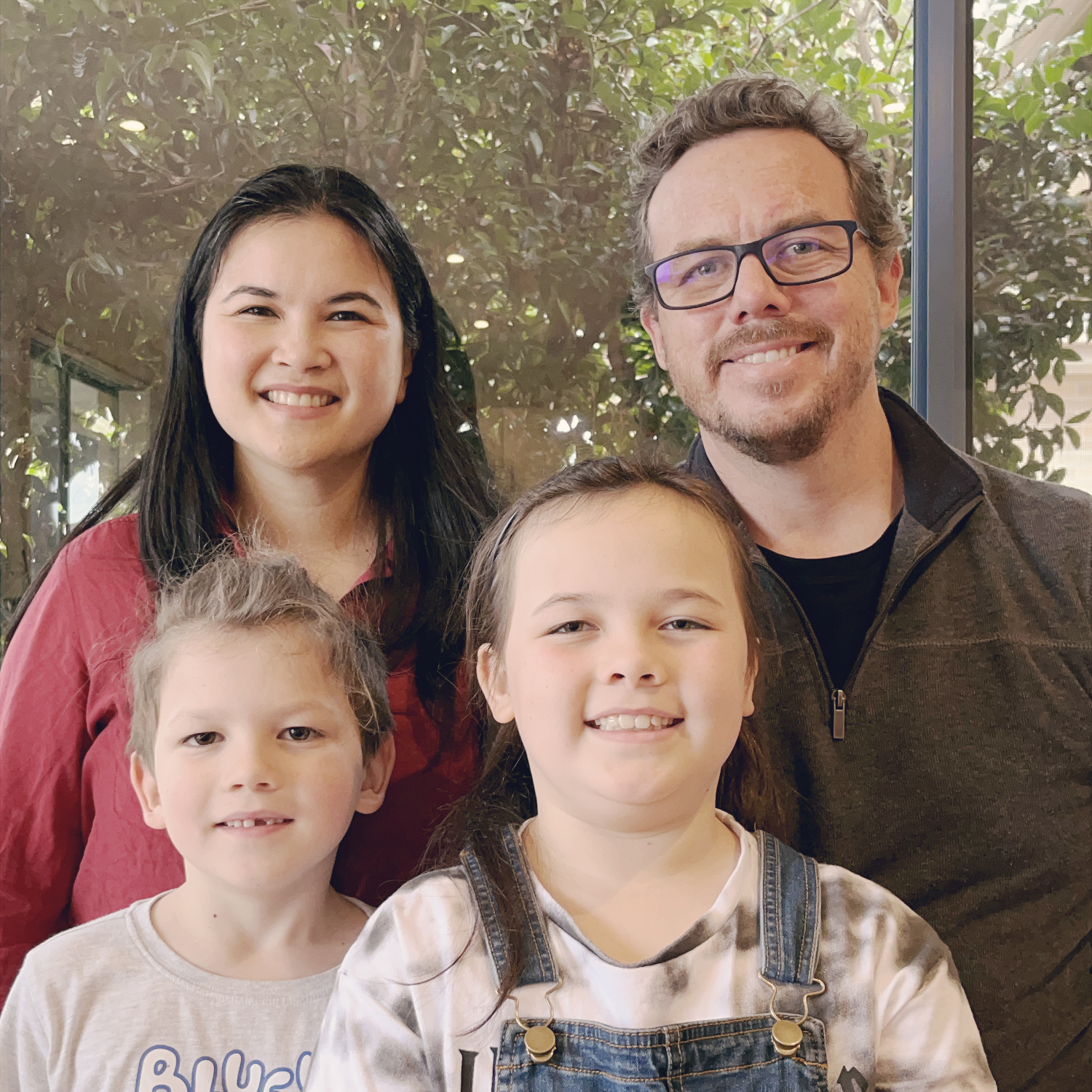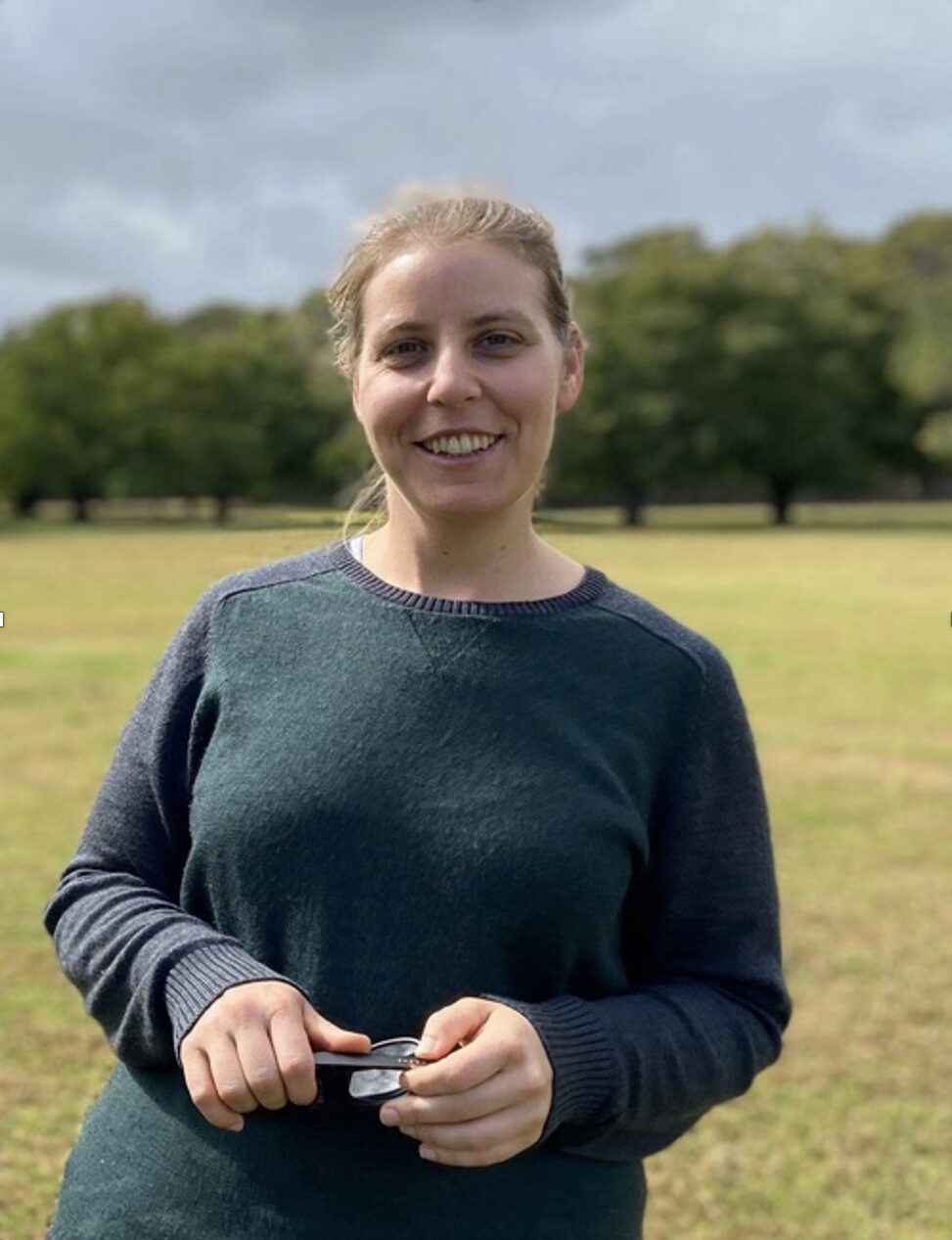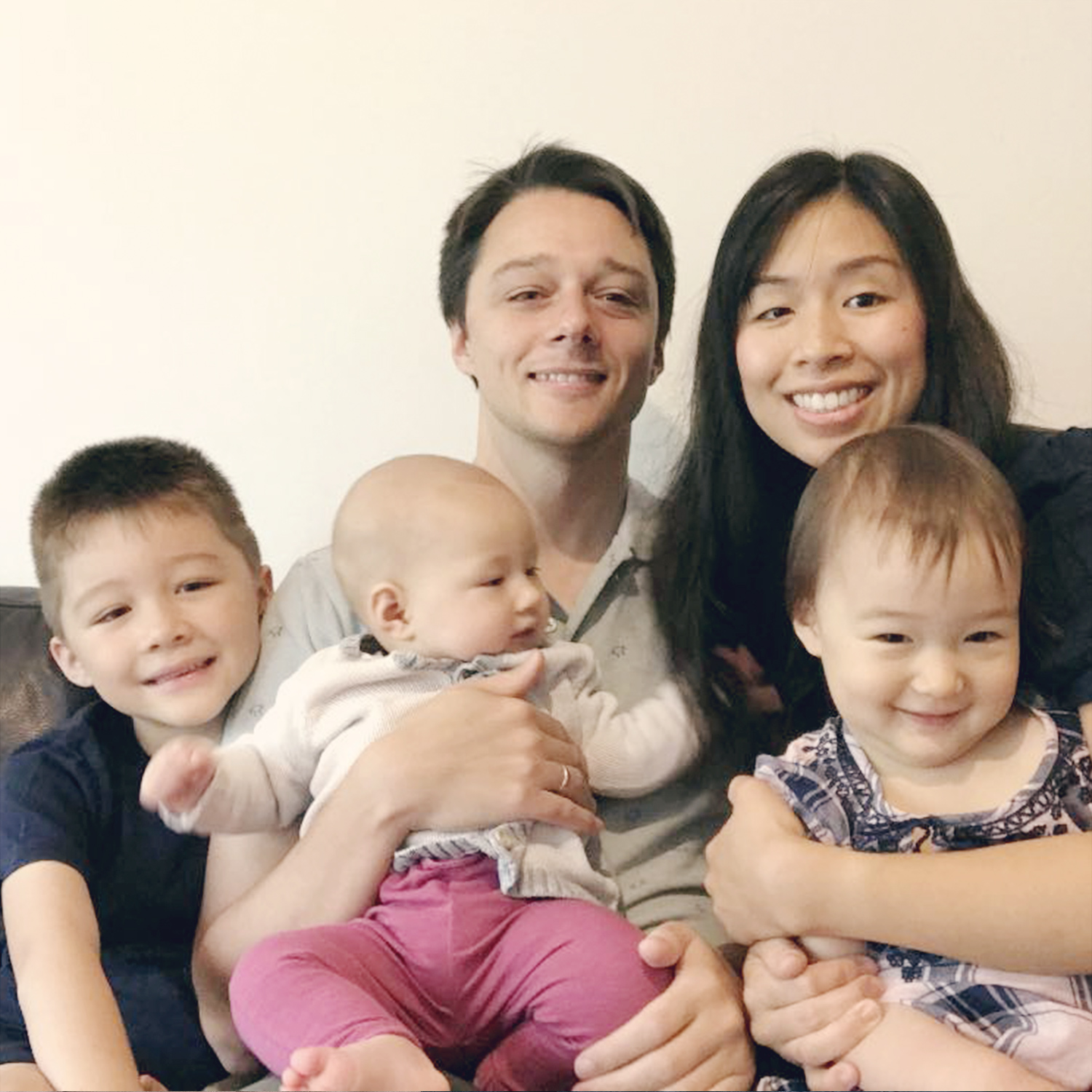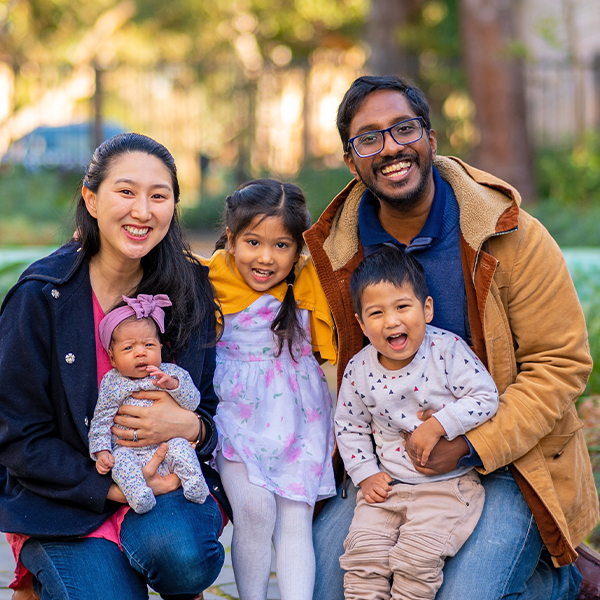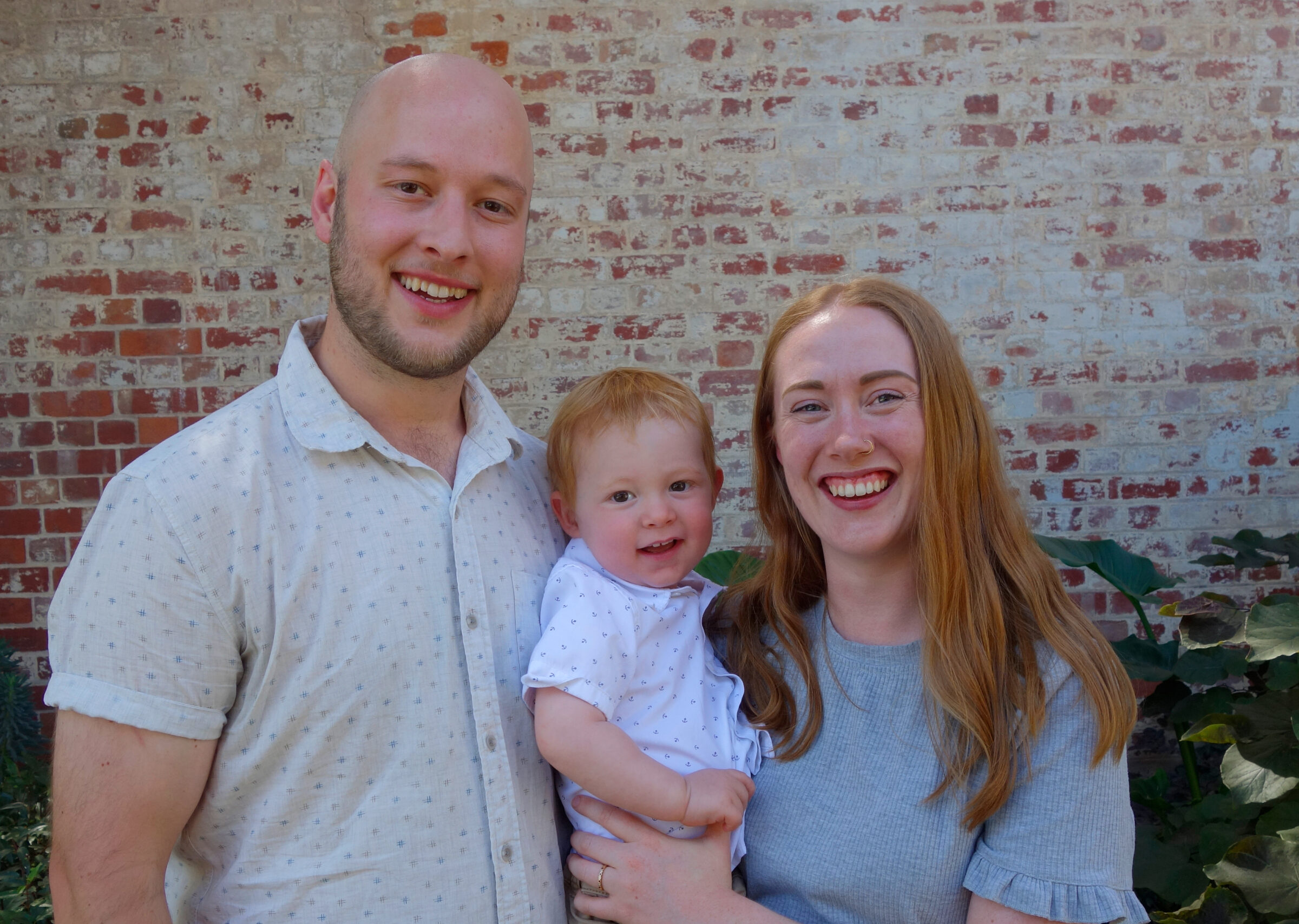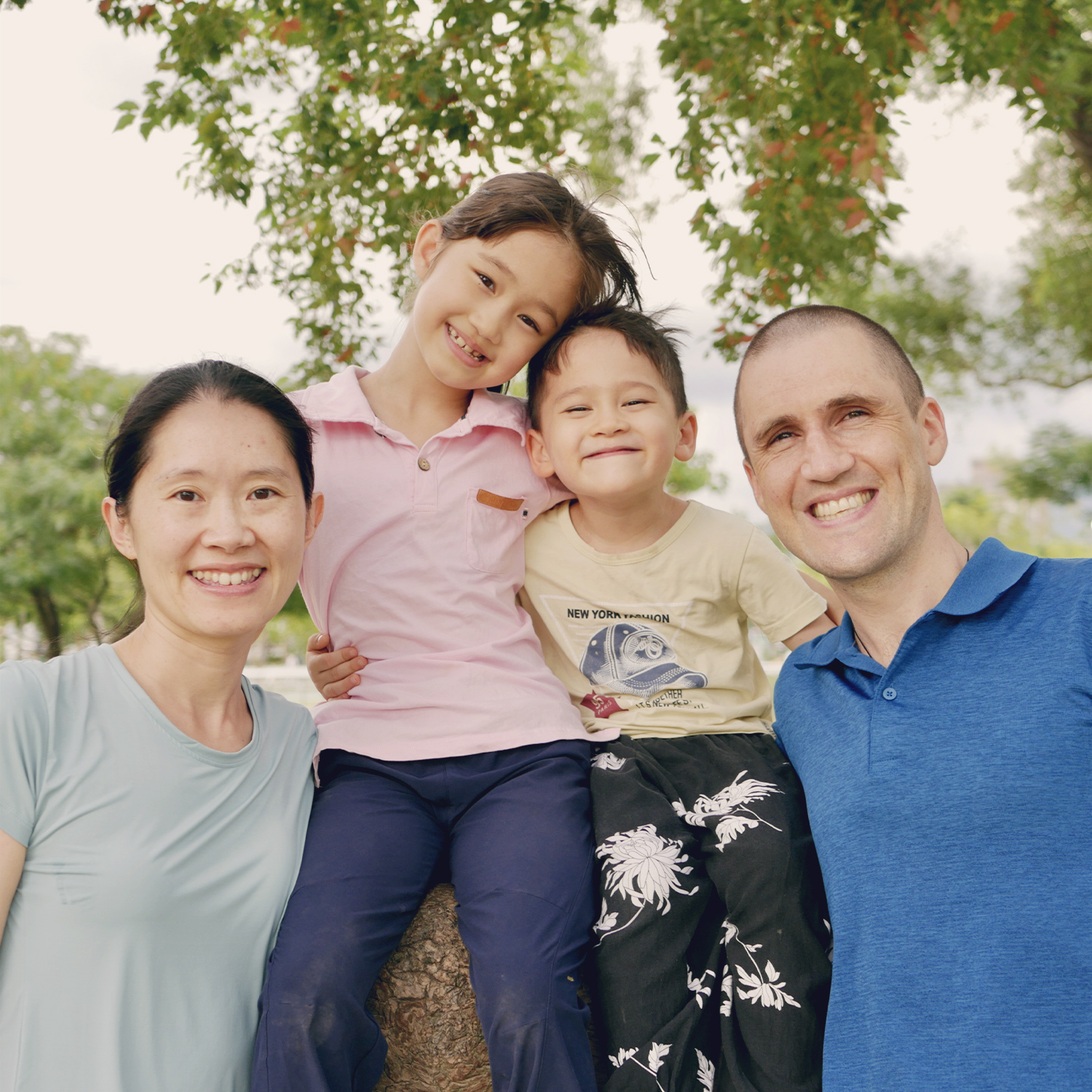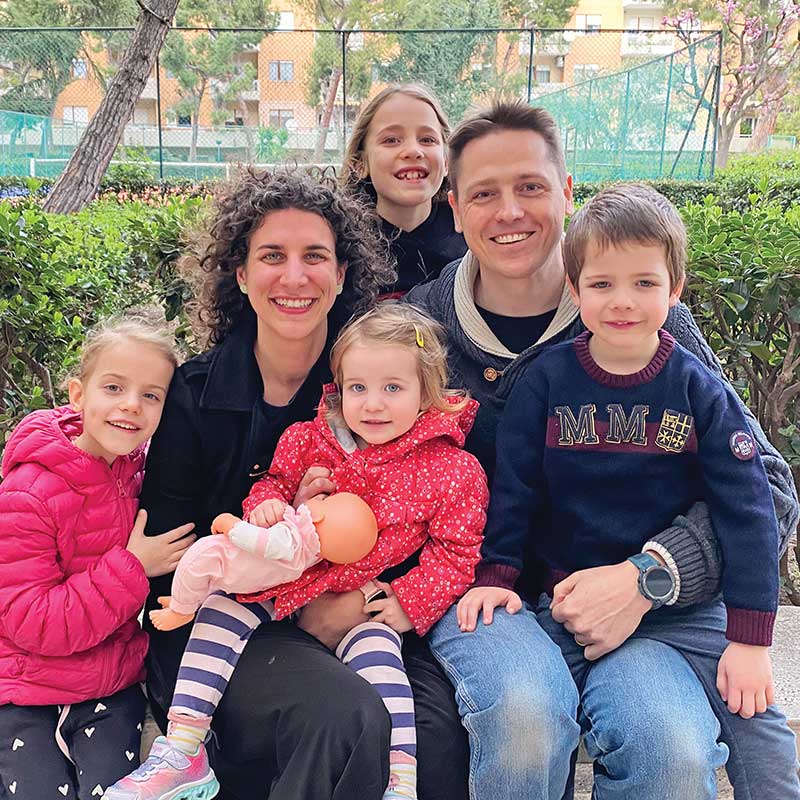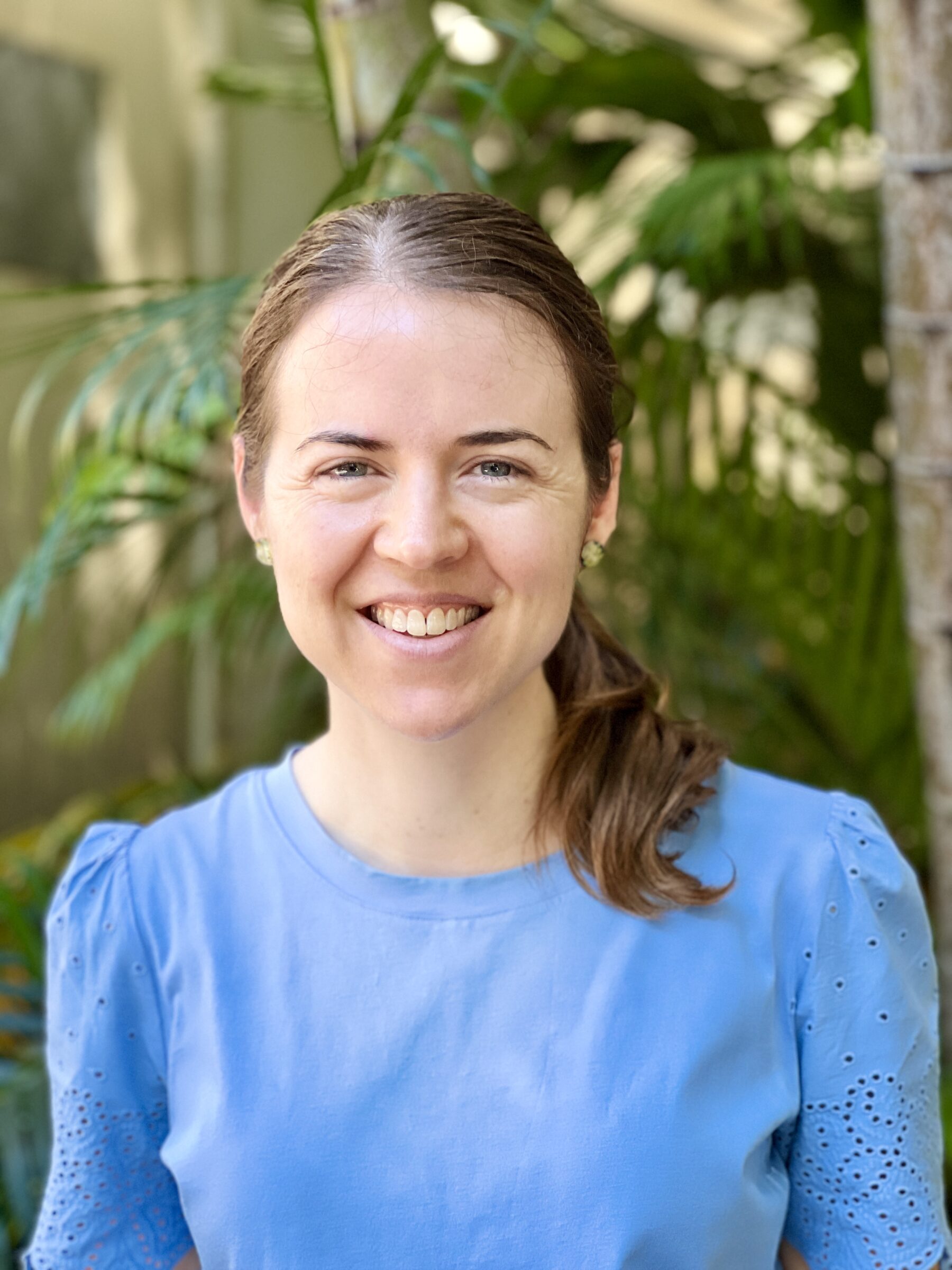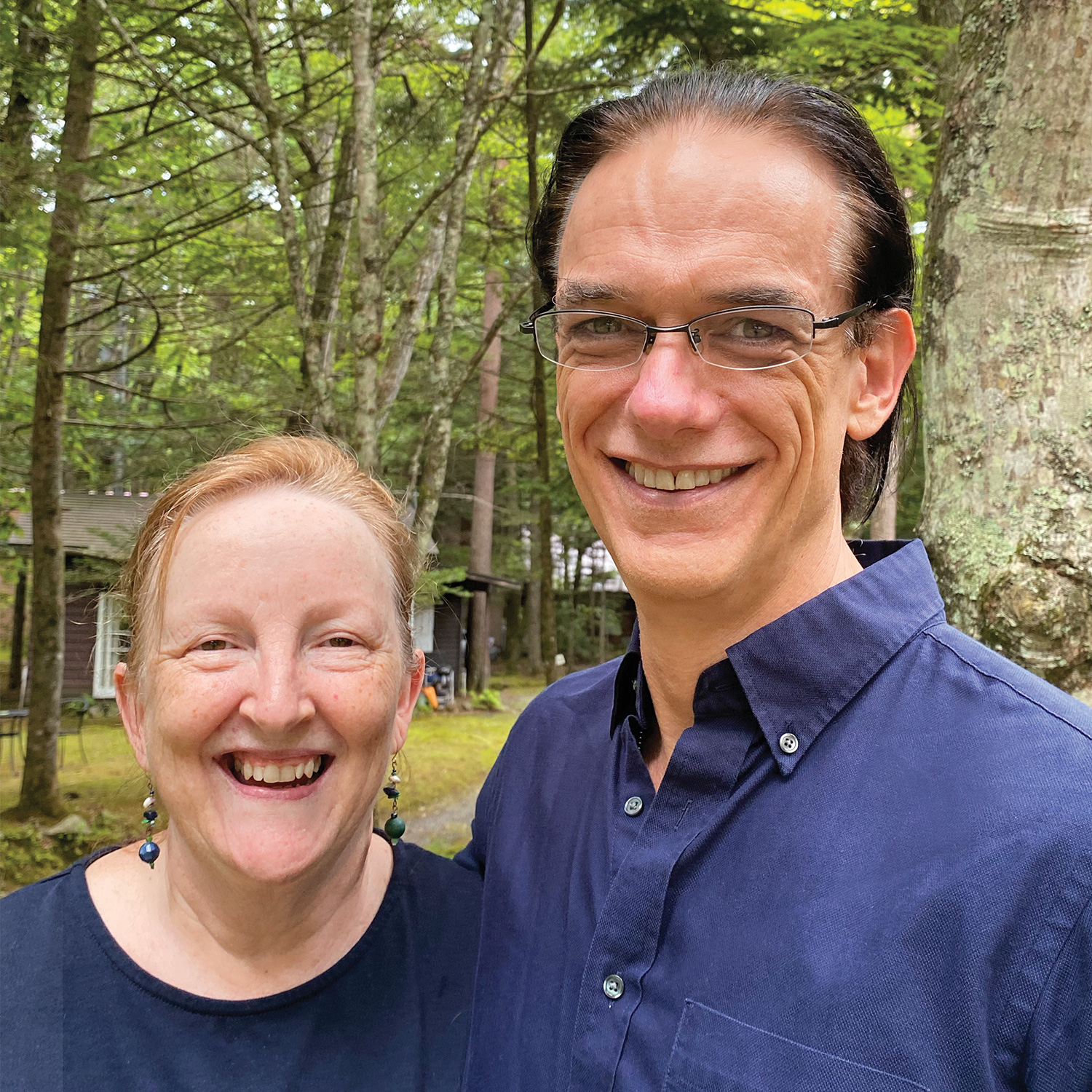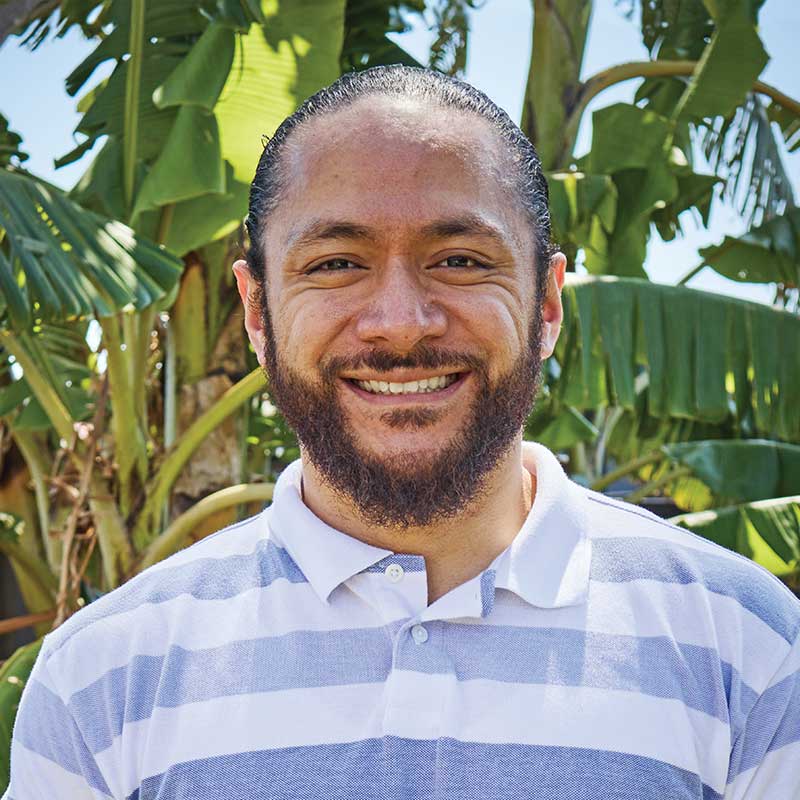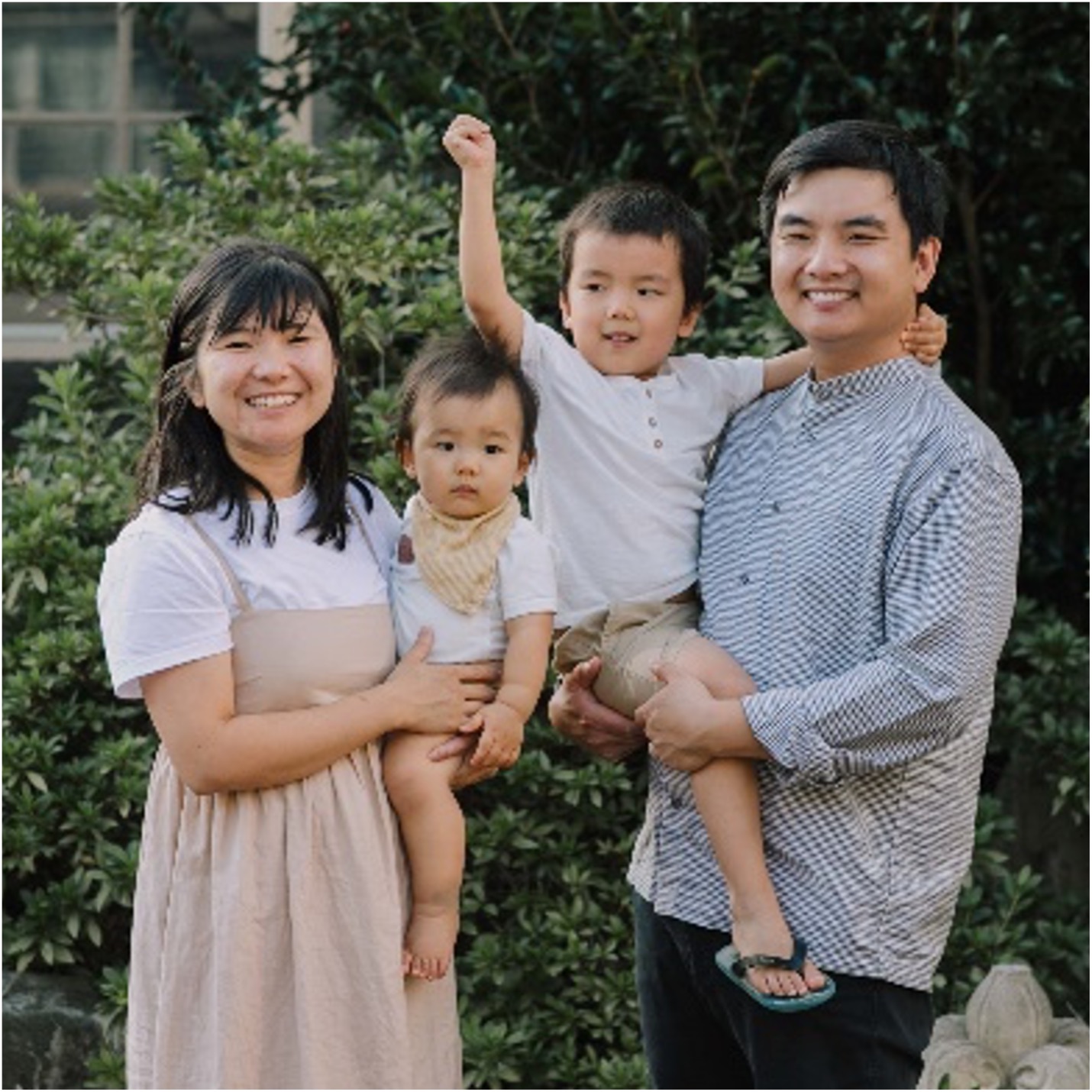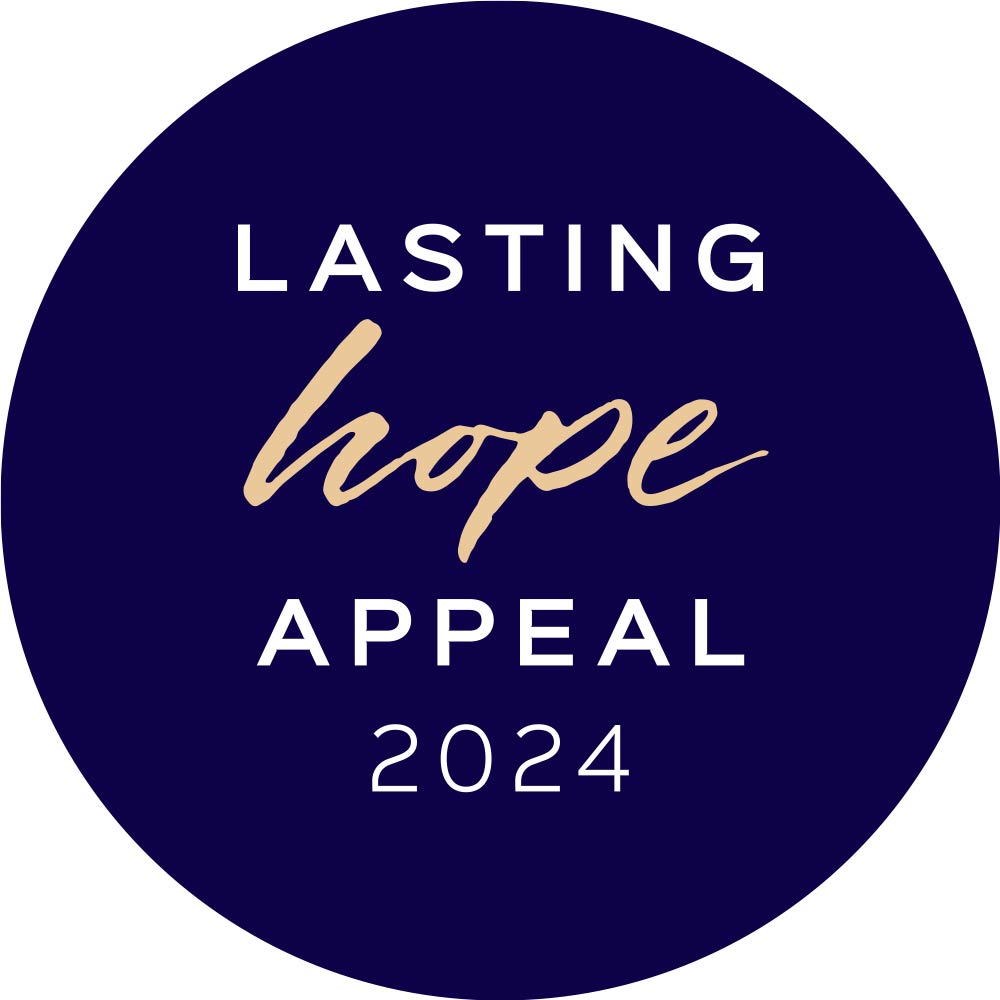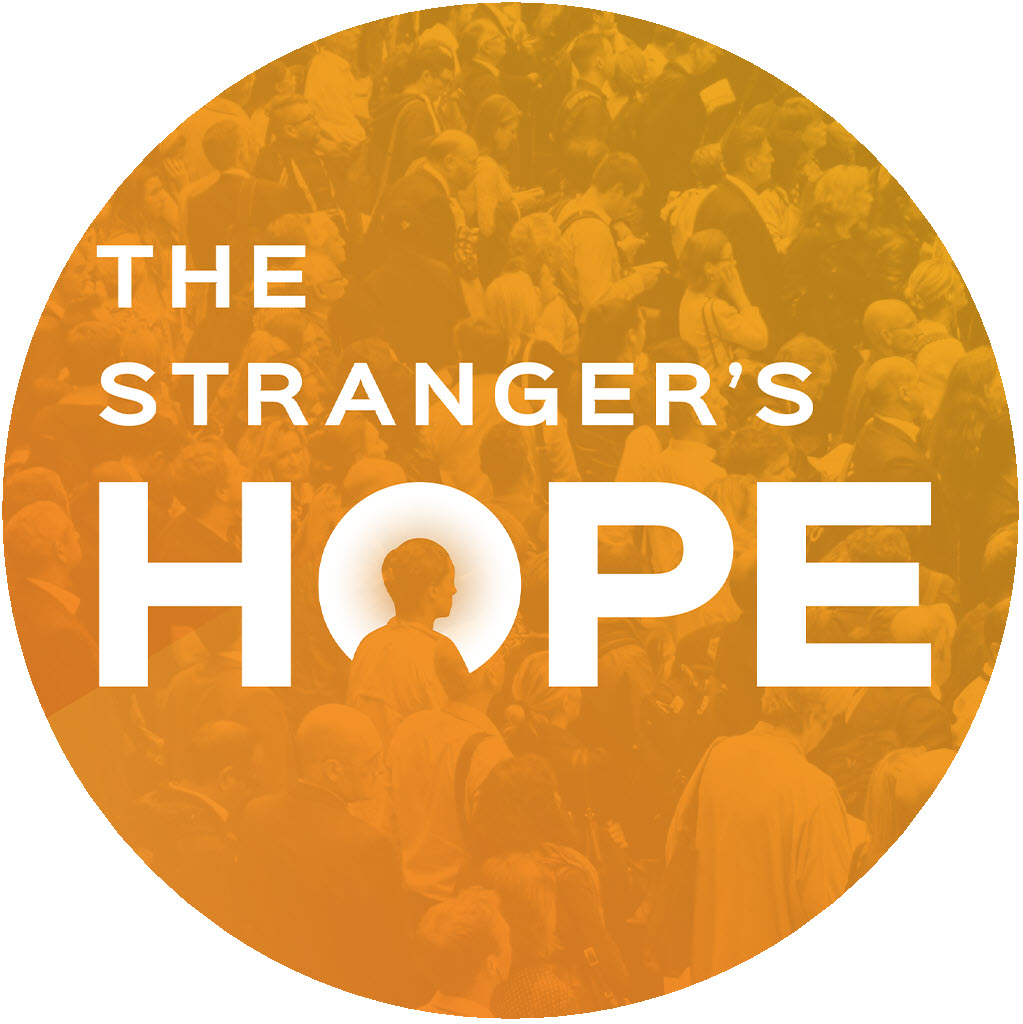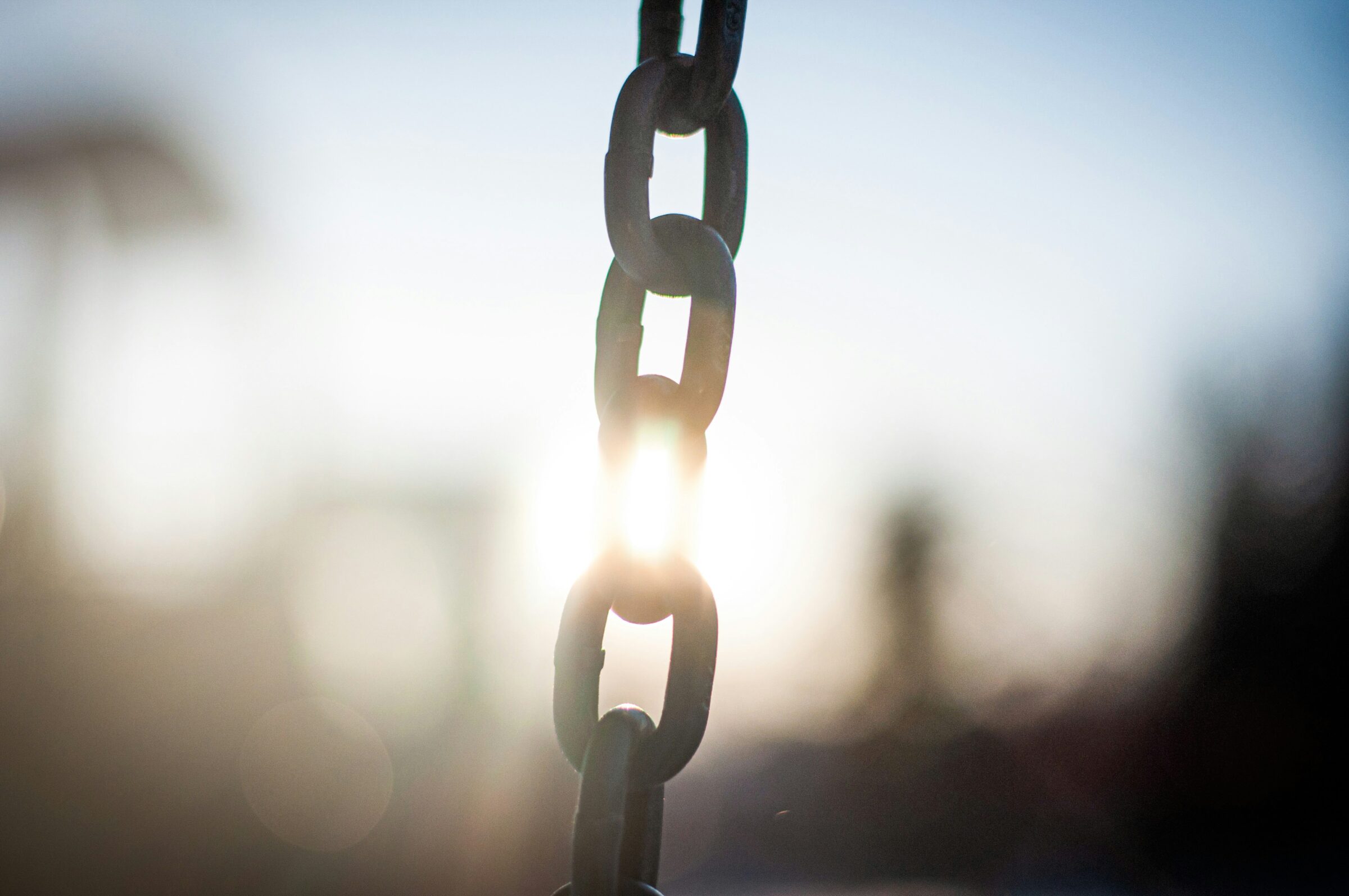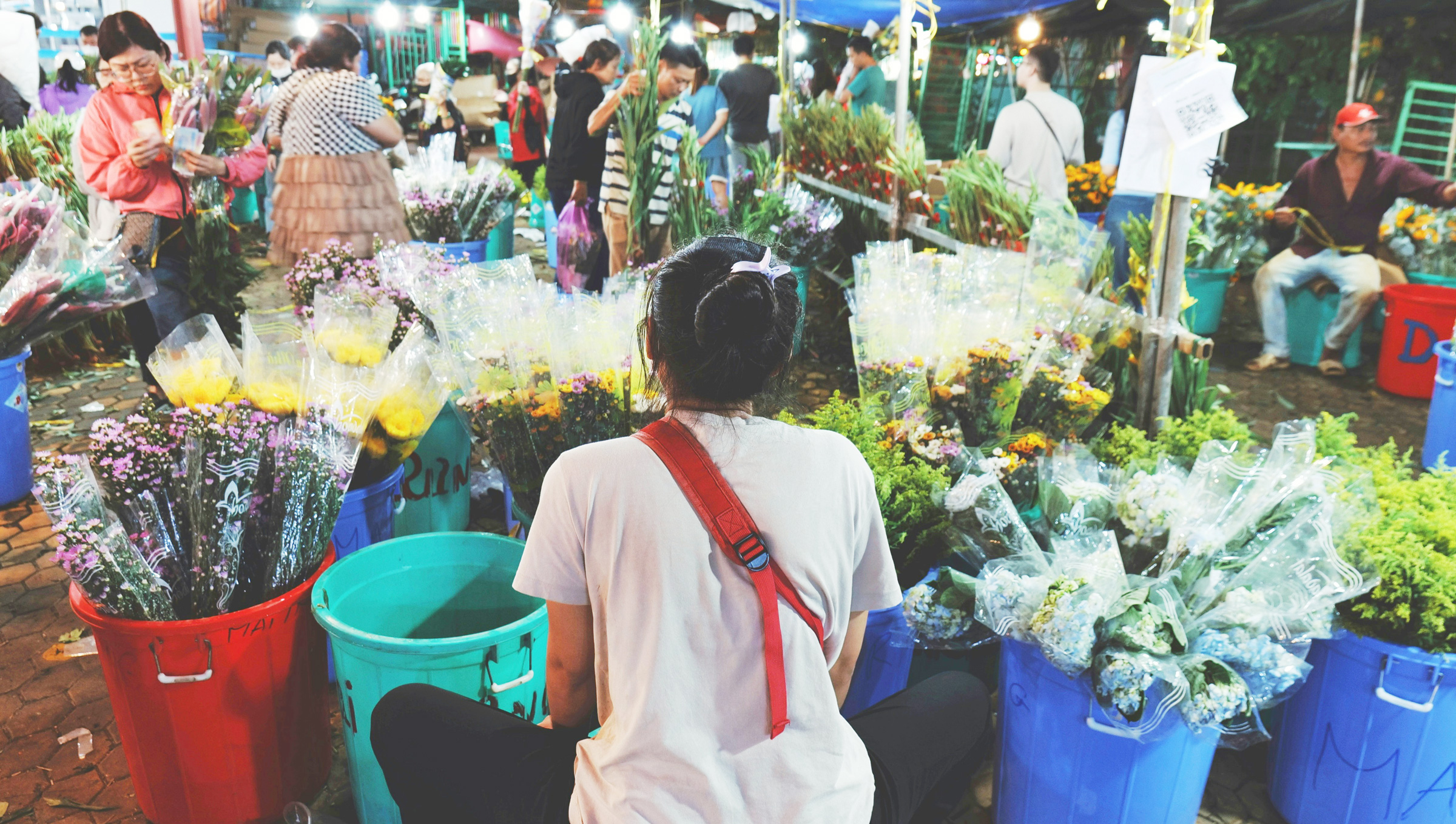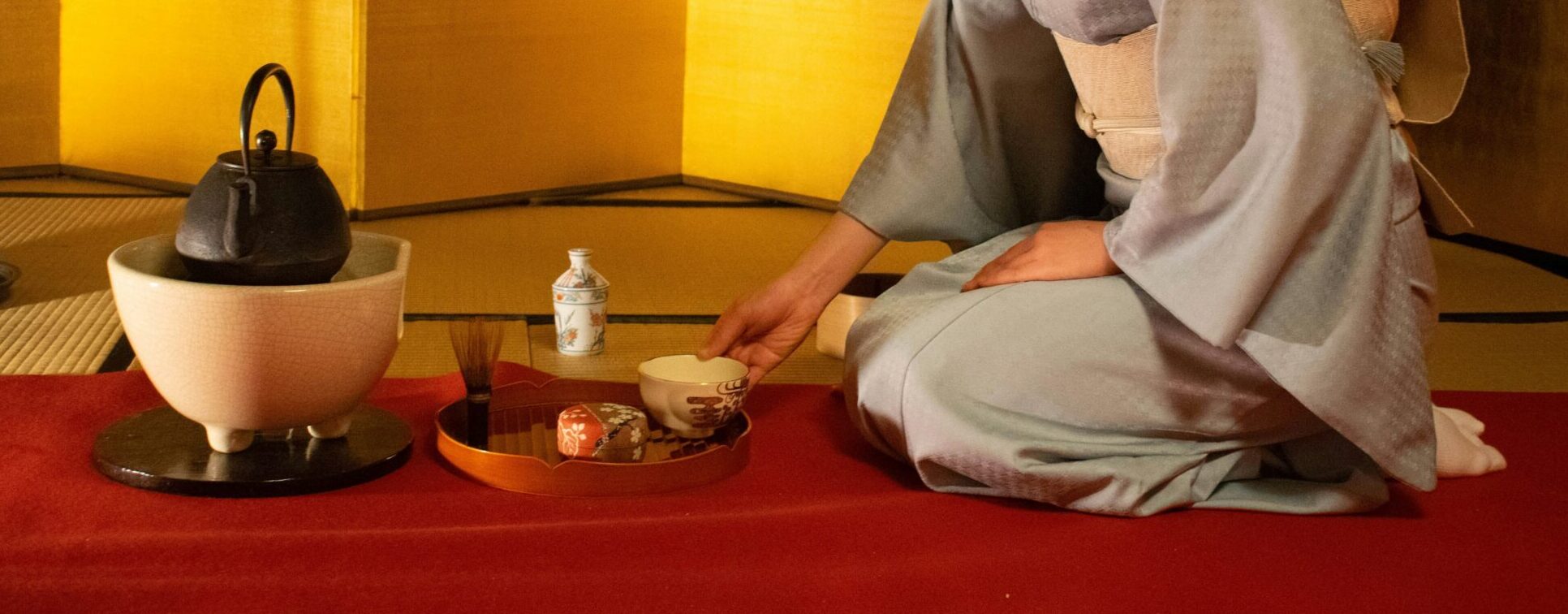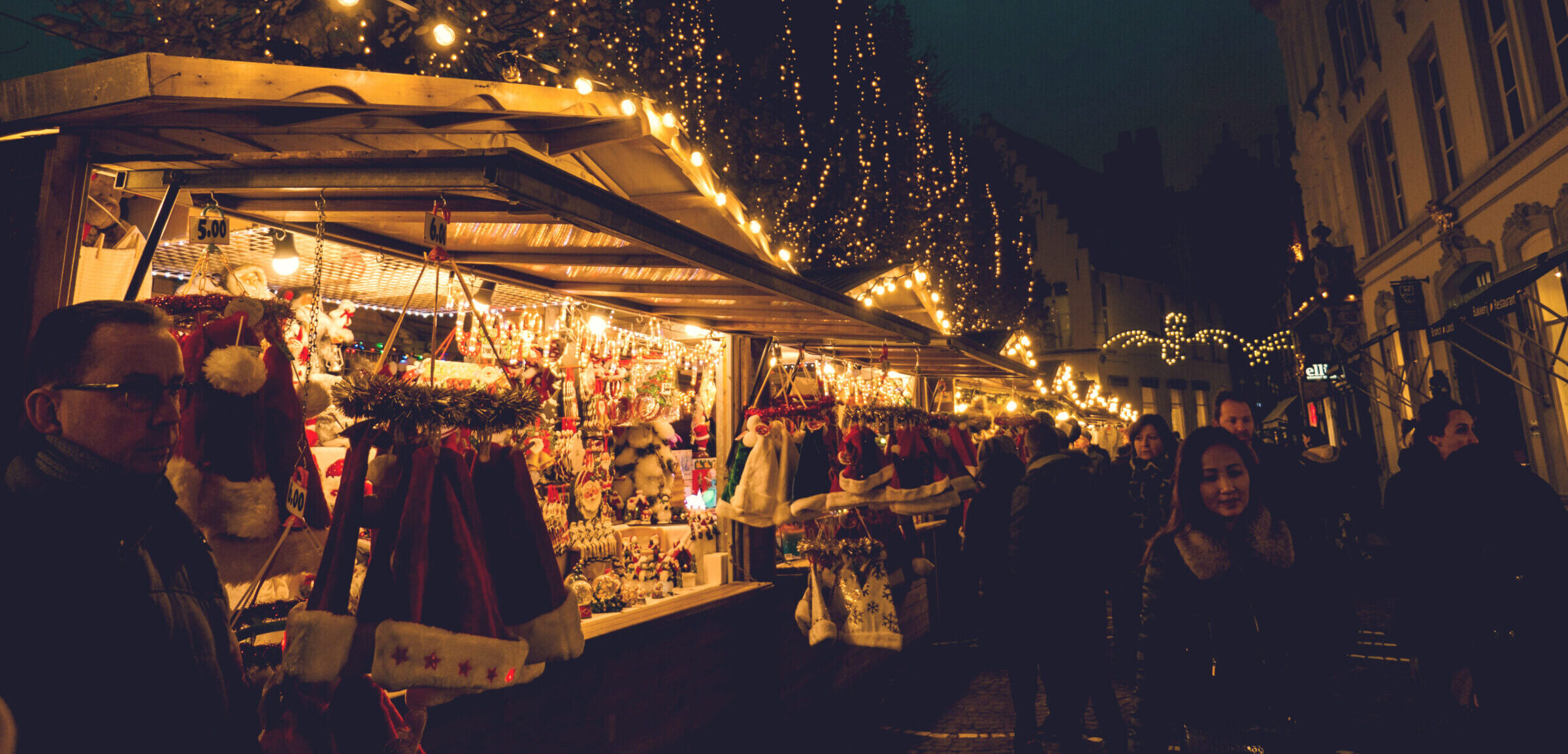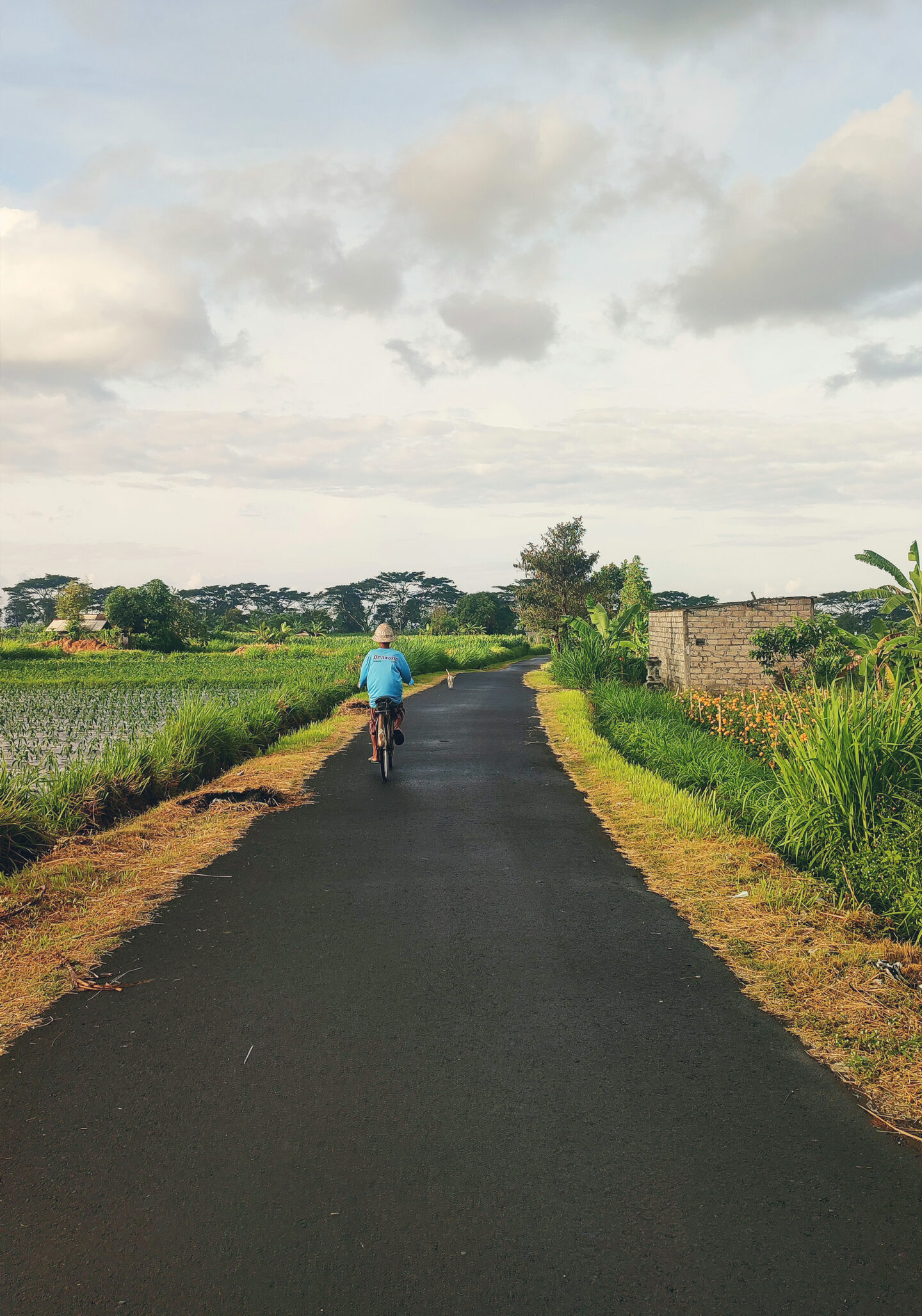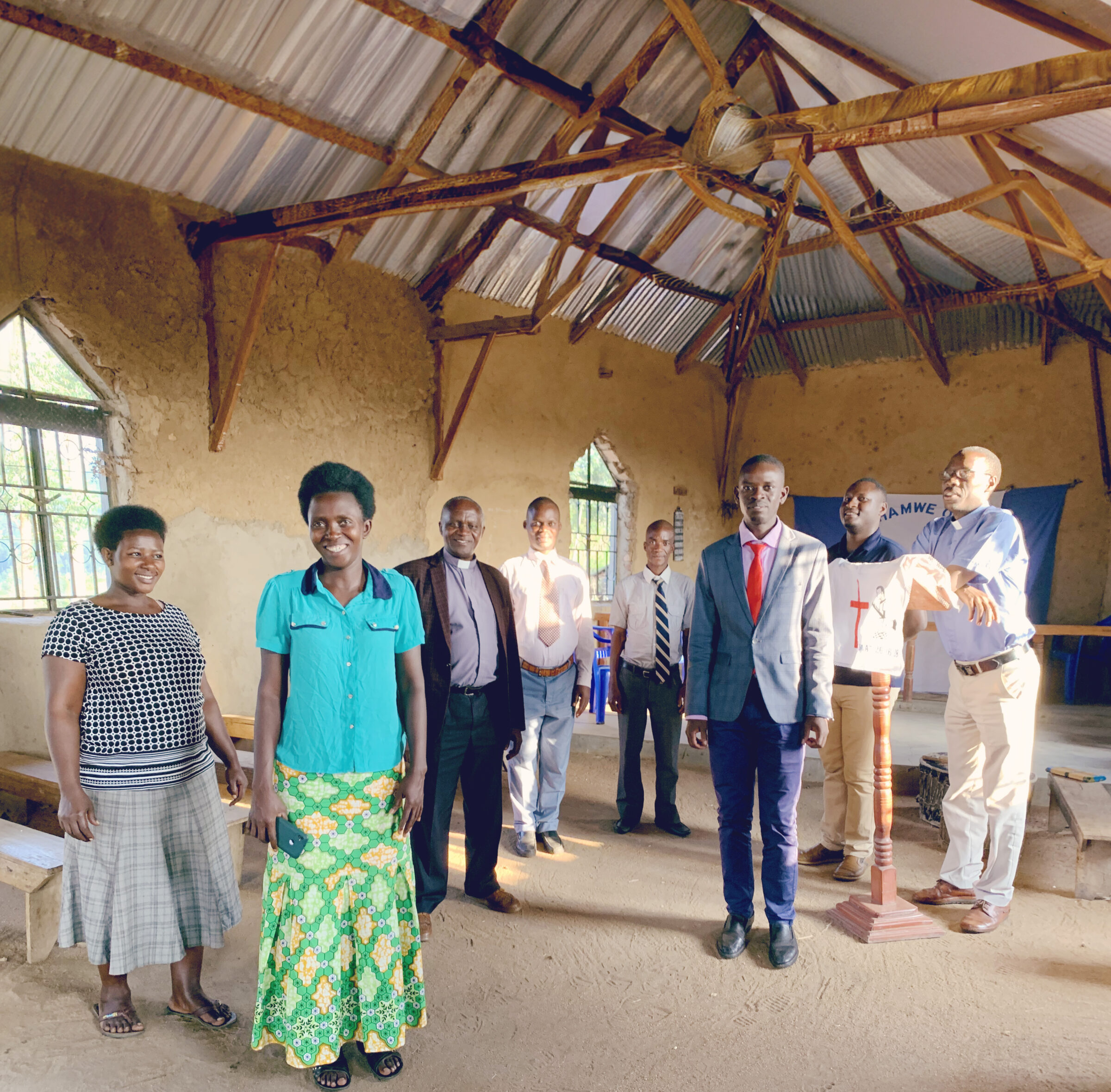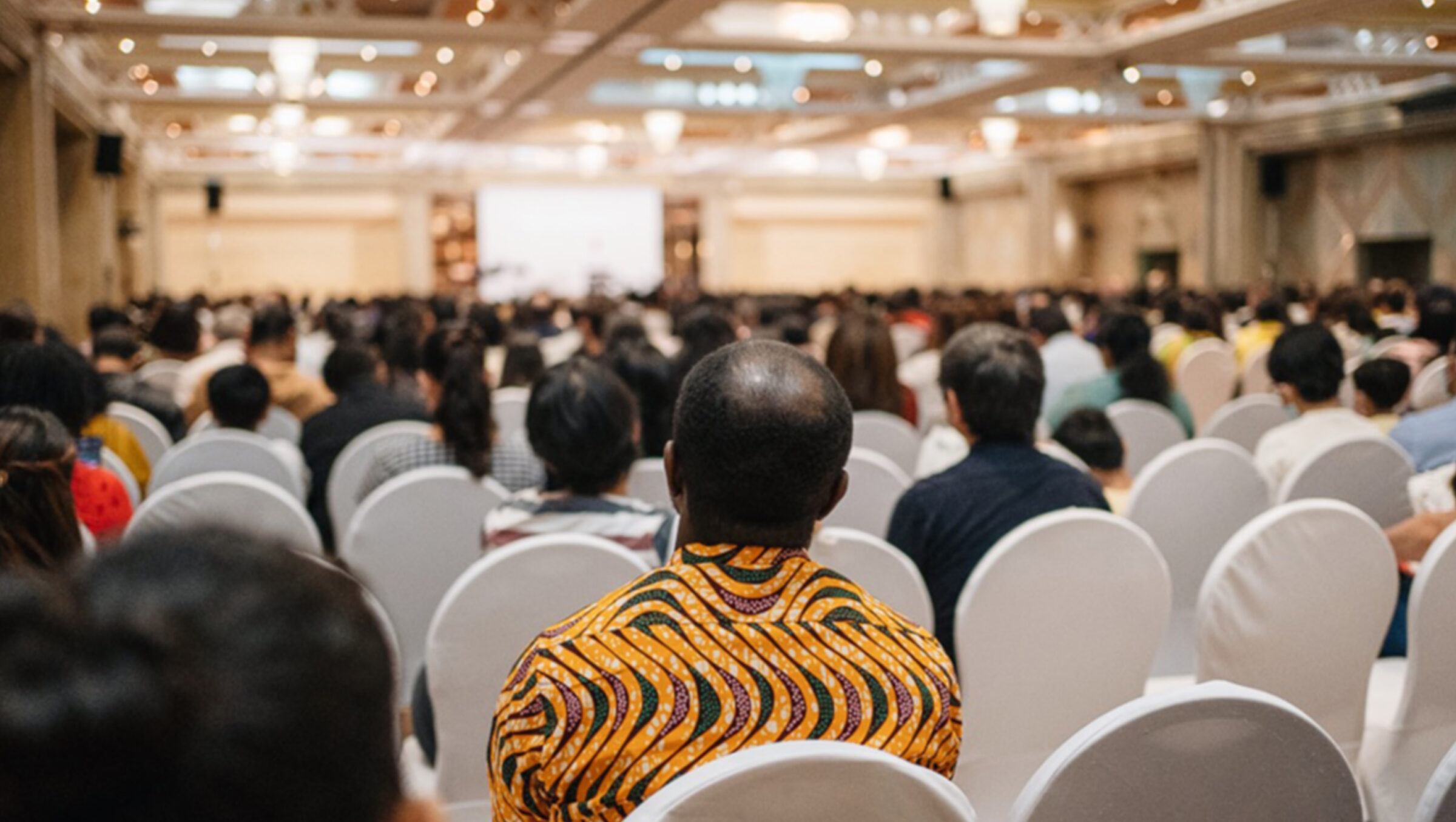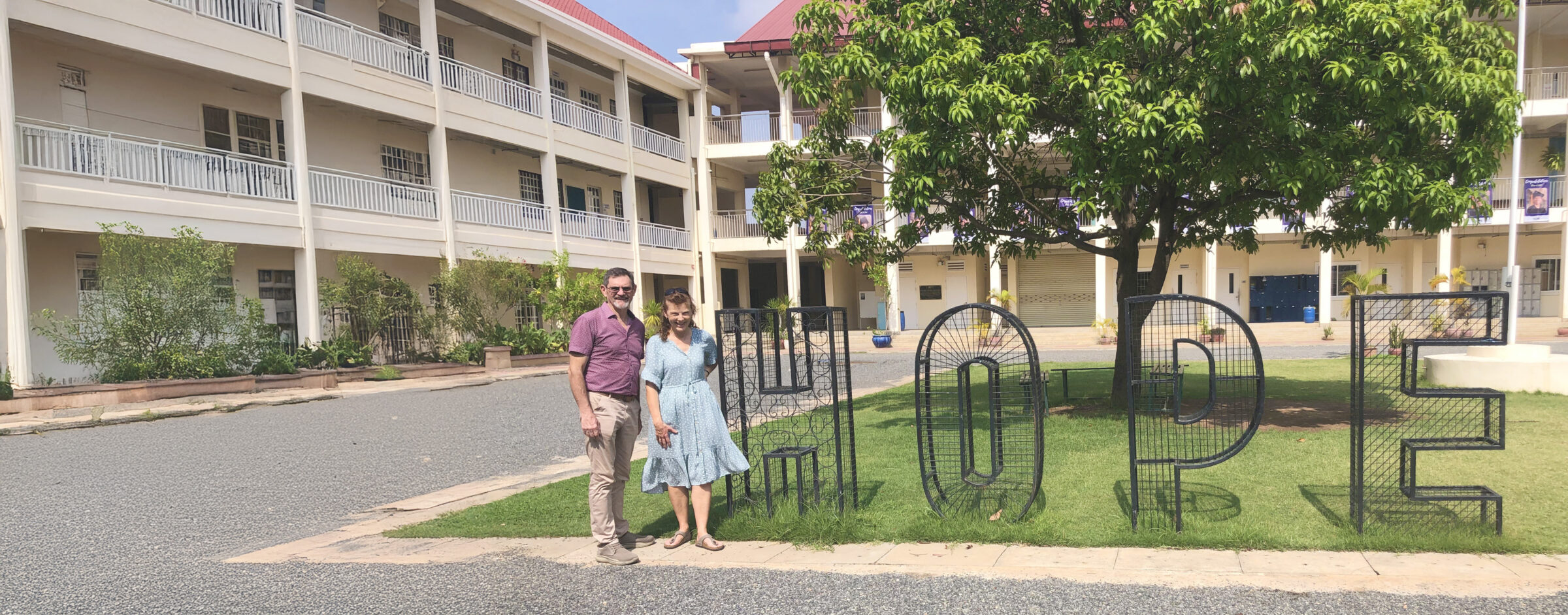A doctor’s response: Checkpoint Winter 2021
CMS workers Bruce and Libby have served long-term in South Asia. Here Bruce speaks of his involvement in the country’s medical response to the pandemic, as well as the challenge of trusting God through this time.
The first COVID case in Bruce and Libby’s location was reported in late January 2020, a student returning from Wuhan who recovered quickly. In mid-February, the government brought home 175 students stranded in Hubei, but it seemed it would be contained. However, the increasing images from Europe of hospitals overrun with serious cases increased fear and anxiety among local people.
Initial response
At the hospital where I was serving as medical superintendent, we started making plans focusing on protecting staff and patients. Many with disabilities and chronic diseases were at increased risk. Our first response task force meeting happened just four days prior to the government announcing a nationwide lockdown (which would continue for 120 days).
The early days were difficult. Many in-patients were sent home, the outpatients’ clinic was closed, and fever patients were triaged in a tent at the front of the hospital. The hospital faced financial problems due to decreased demand. The lockdowns also had a huge impact on the livelihoods and health of vulnerable people such as daily labourers who couldn’t earn income, and those with chronic medical conditions. Public transport was shut down, which meant that people with disabilities couldn’t access adequate health care. Women and children faced increased risk of domestic violence. We also had several scares in our hospital as patients developed sudden COVID-like fevers. This caused anxiety among the staff, but enabled us to refine our procedures.
Always learning
In all this, we have experienced God’s gracious protection and provision, and continue to learn to take one day at a time and trust the one who is in control when so much seems out of control.
Navigating a chronic ongoing disaster has been a constant learning experience. We westerners want to plan for all contingencies (in other words, ‘take control’), while most local people prefer dealing with the immediate as it happens. There is a South Asian proverb which says: ‘Don’t ask directions to a village you are not going to’.
Caring for others
It has been so important to continue to care for the poor and marginalised, who suffer even more in times like the COVID outbreak and lockdowns, and miss out on support. Amidst a crisis, we try to see ourselves as God’s hands and feet to meet the needs of those around us (like the church in Acts 11:27-30). Our church distributed food and essential items to 204 families, seeking to demonstrate God’s compassion for people in need.
We have appreciated the opportunities to interact online. When our church started Zoom services, it gave opportunity to invite to our home a family who (like about half the church) could not access the internet otherwise. It was a blessing to deepen fellowship with them, but also very challenging as the needs of the poor, contrasted with our ‘wealth’, were very evident.
At a personal level, the centrality of prayer and dependence on God for all things has been reinforced. The words of James 4:13-16—“if the Lord wills…” have become a more common preface now! We pray this is a permanent change in our thinking and living.
GIVE
Bruce comments on the striking contrast between the needs of the poor and the relative wealth of others. You can support CMS workers like Bruce and Libby who are seeking to serve others in word and deed to support those in need. Go to give.cms.org.au


